Chasm Partners Celebrates 10th Anniversary
Some of our clients



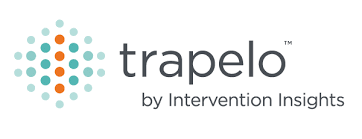


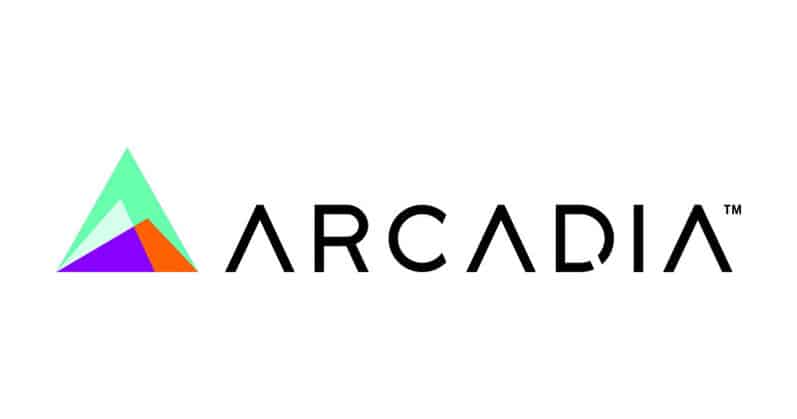


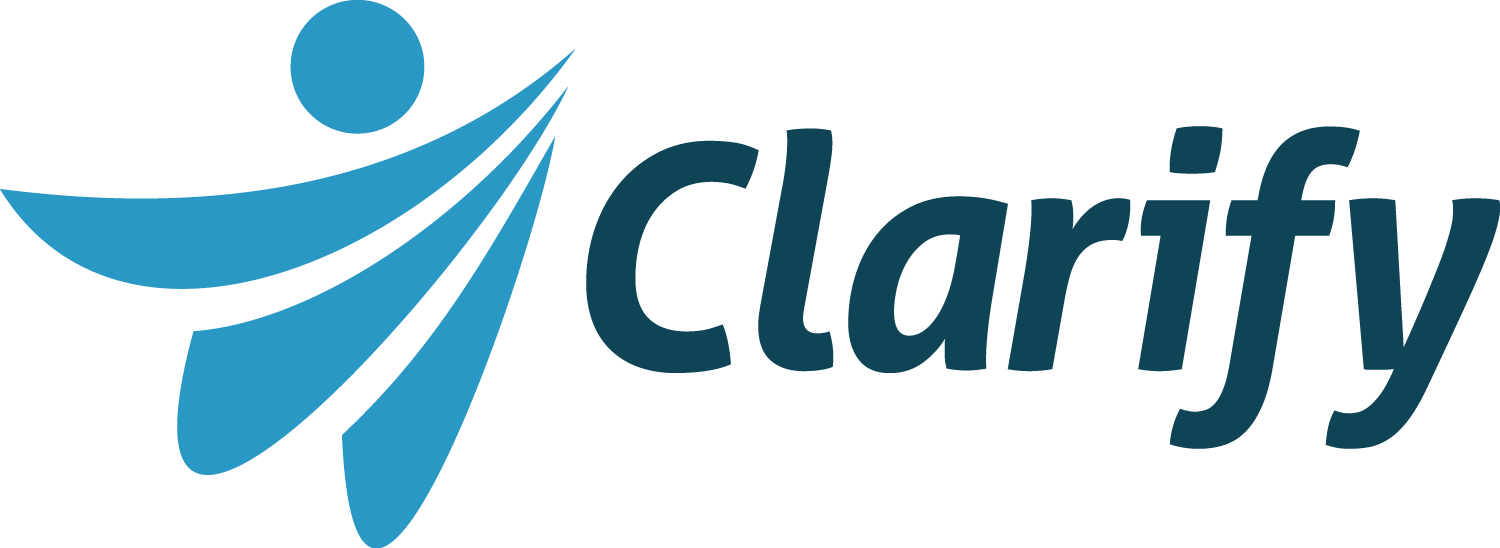
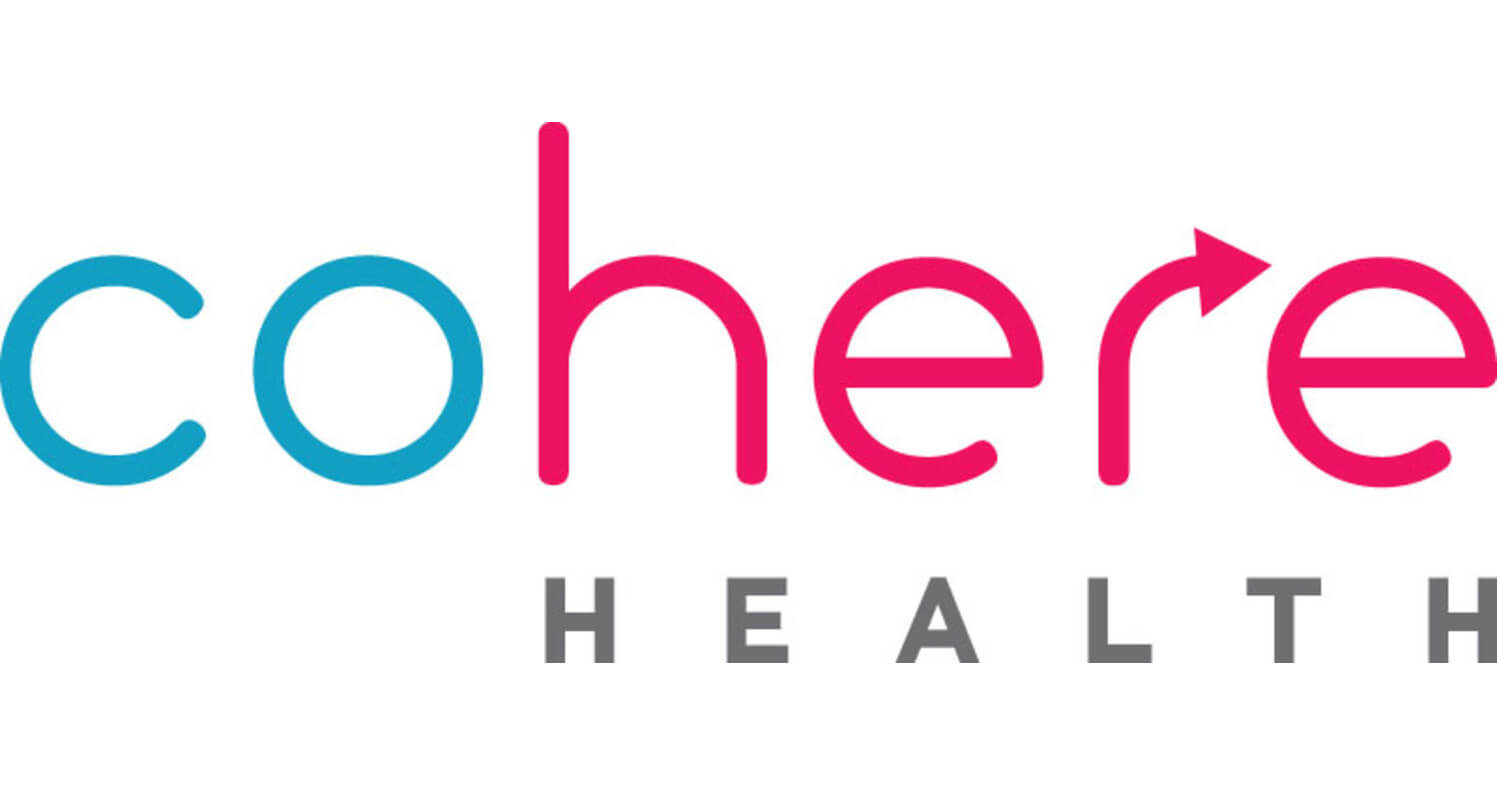


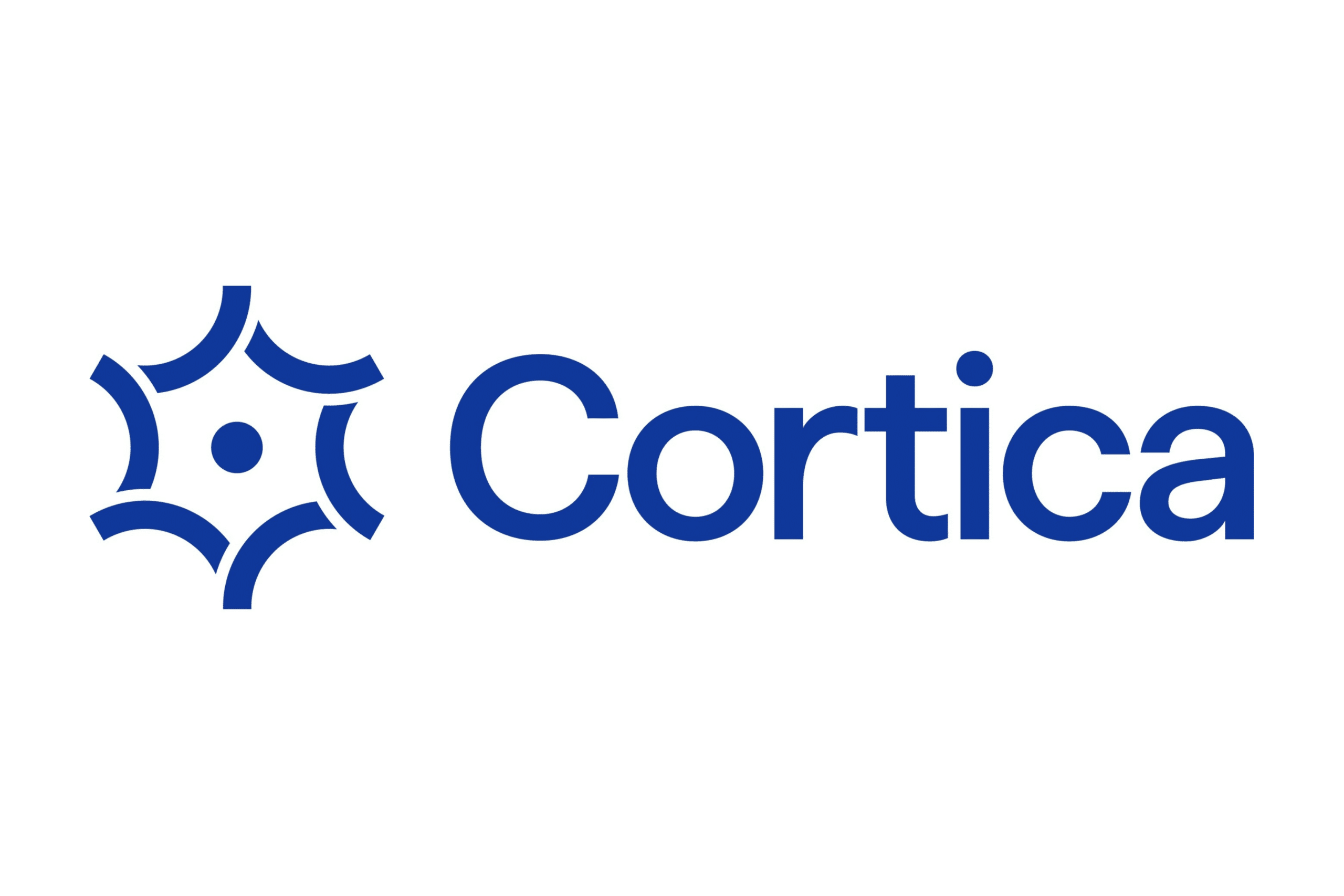
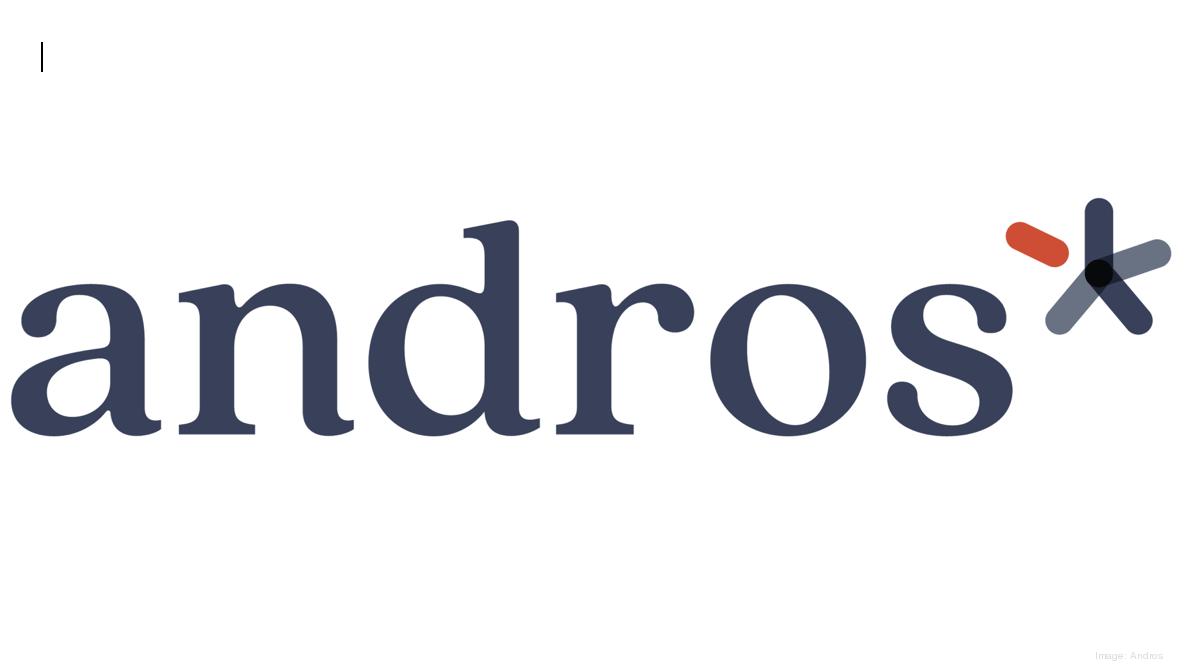

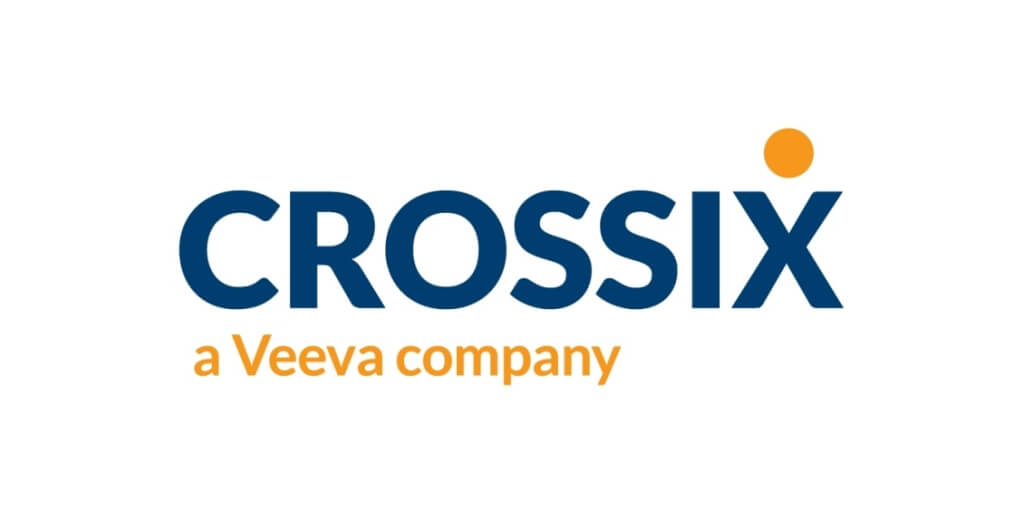
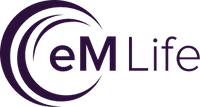

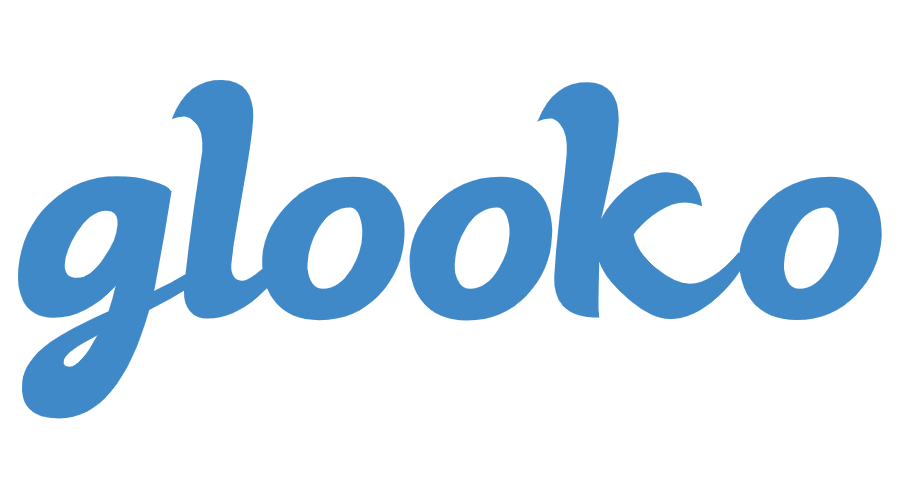







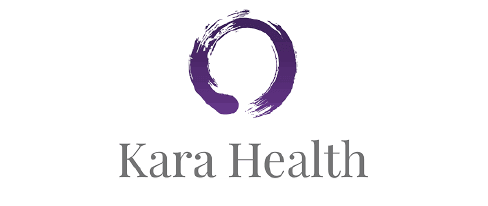

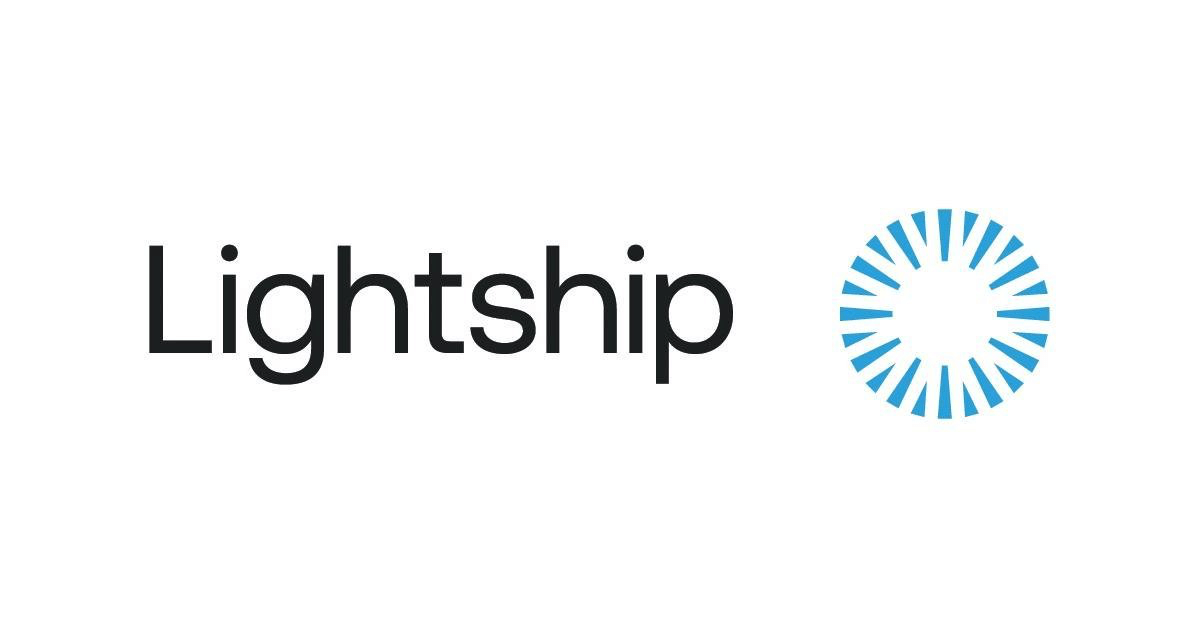


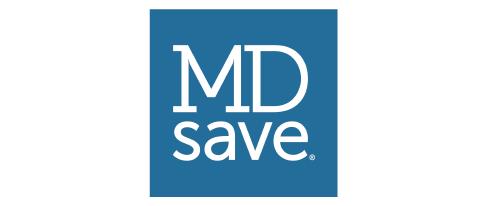



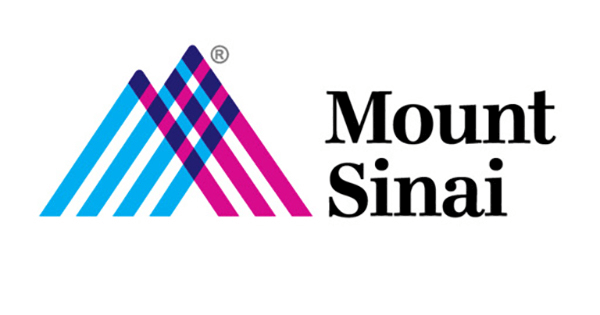




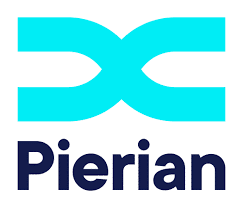
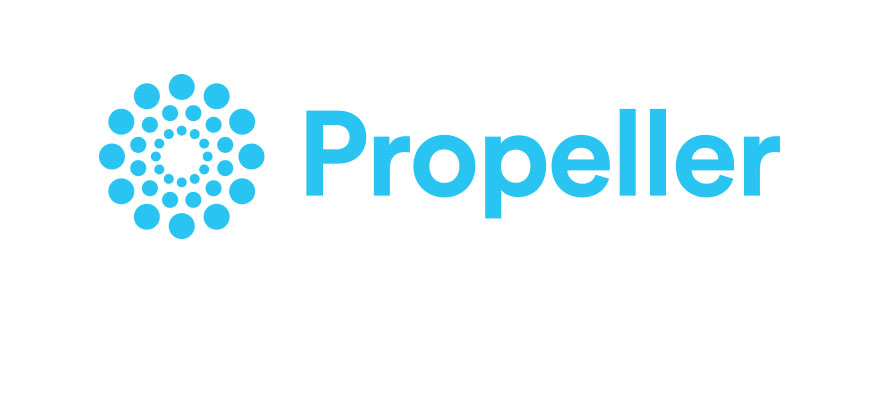





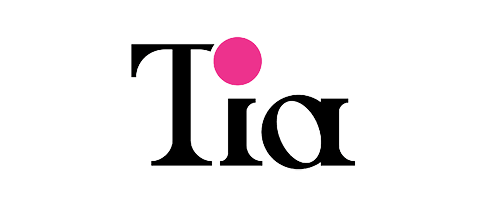

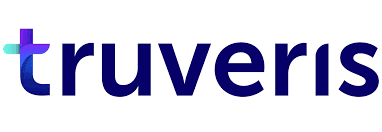

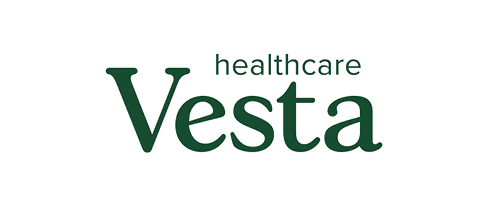

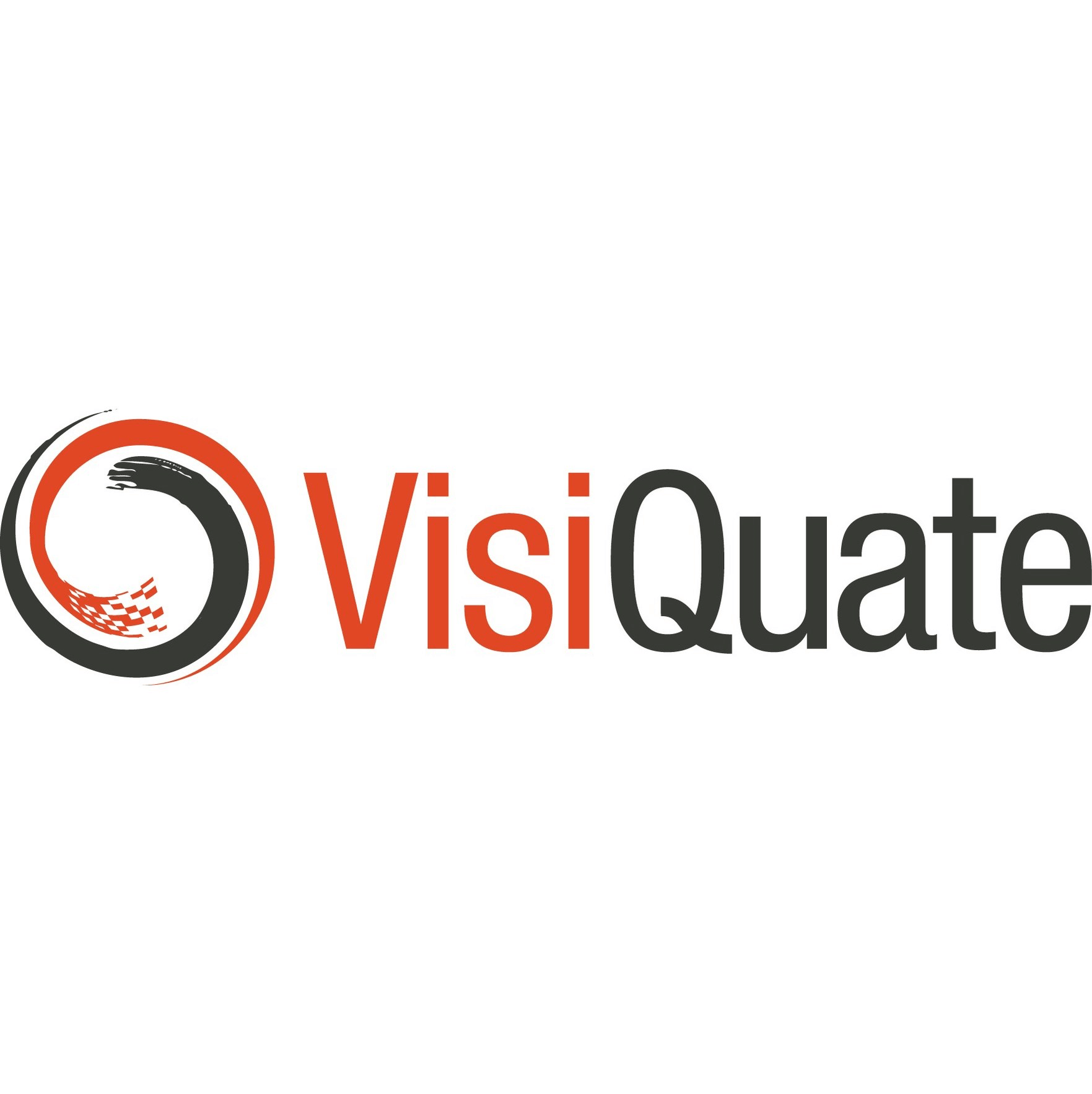
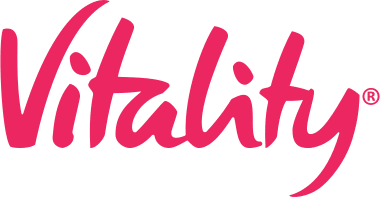







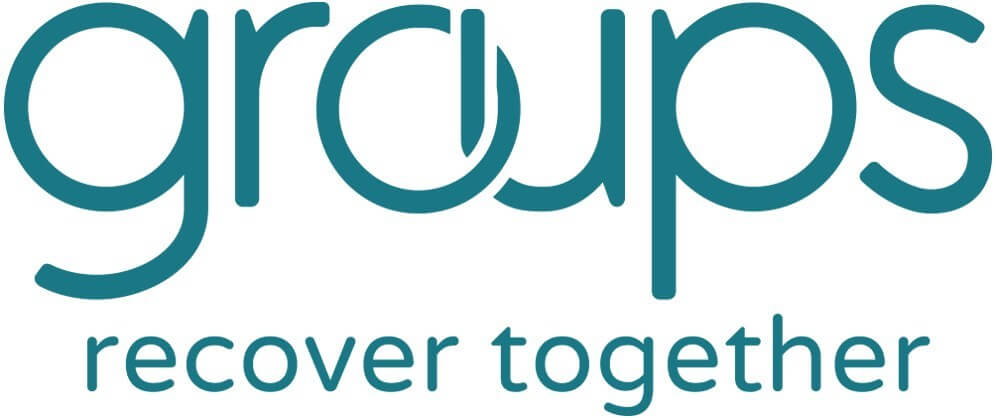

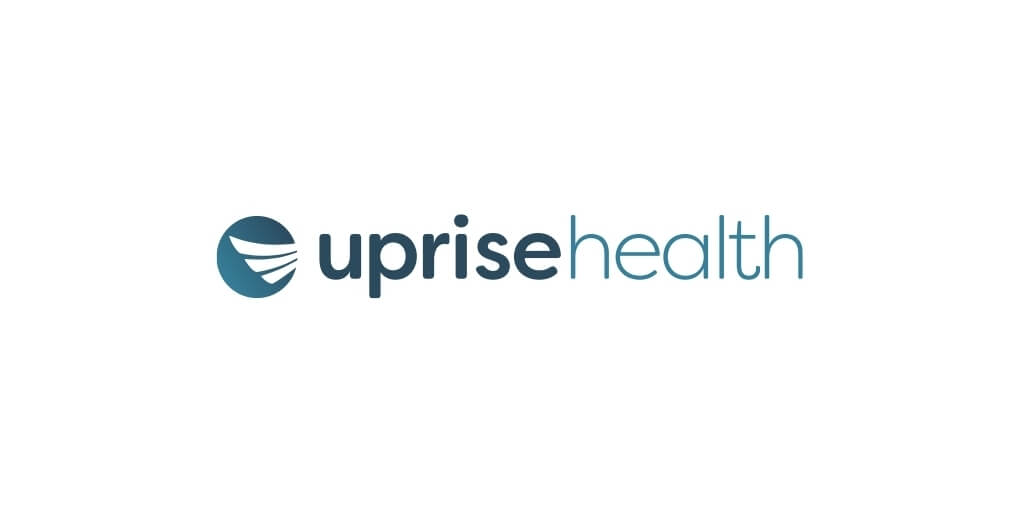


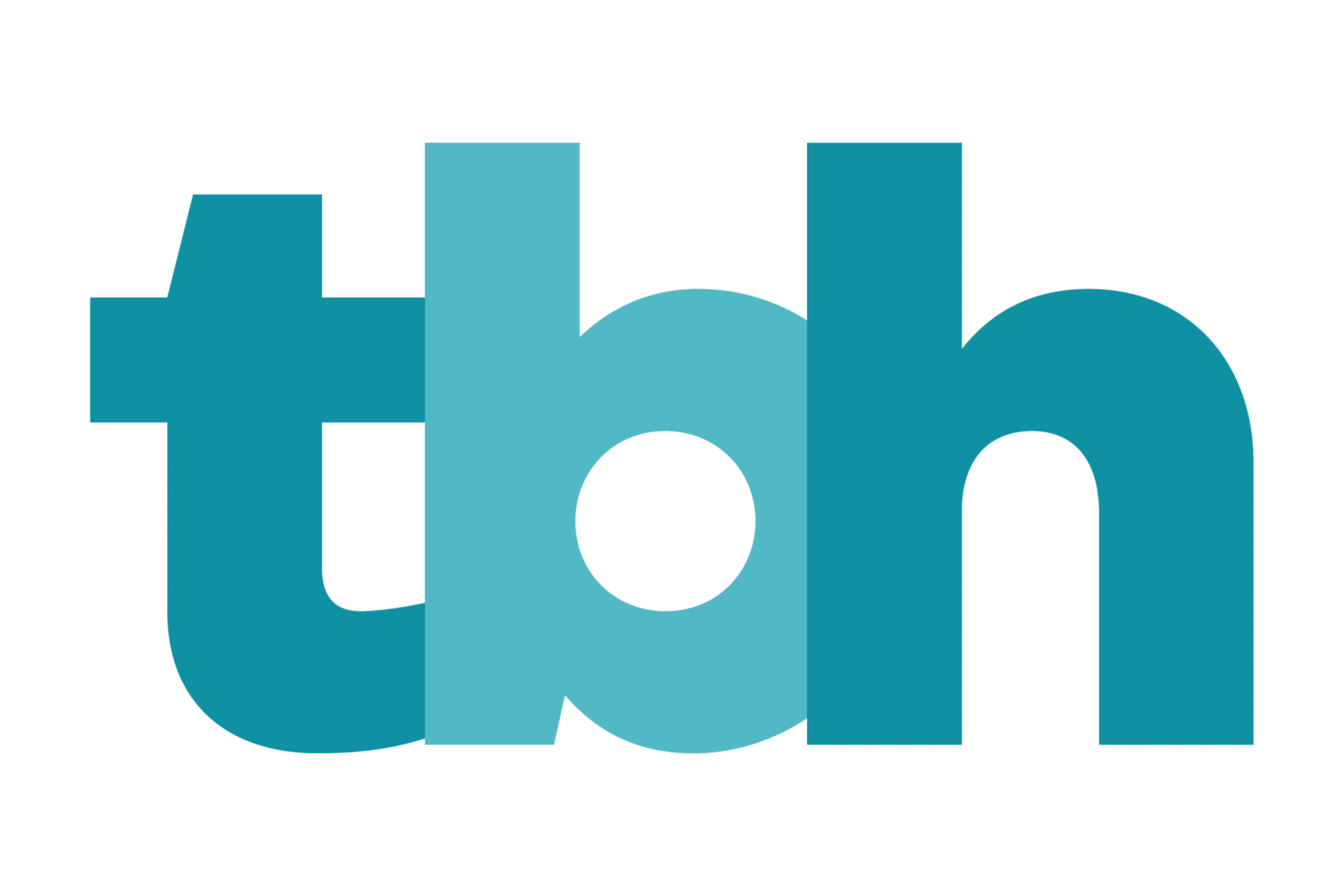


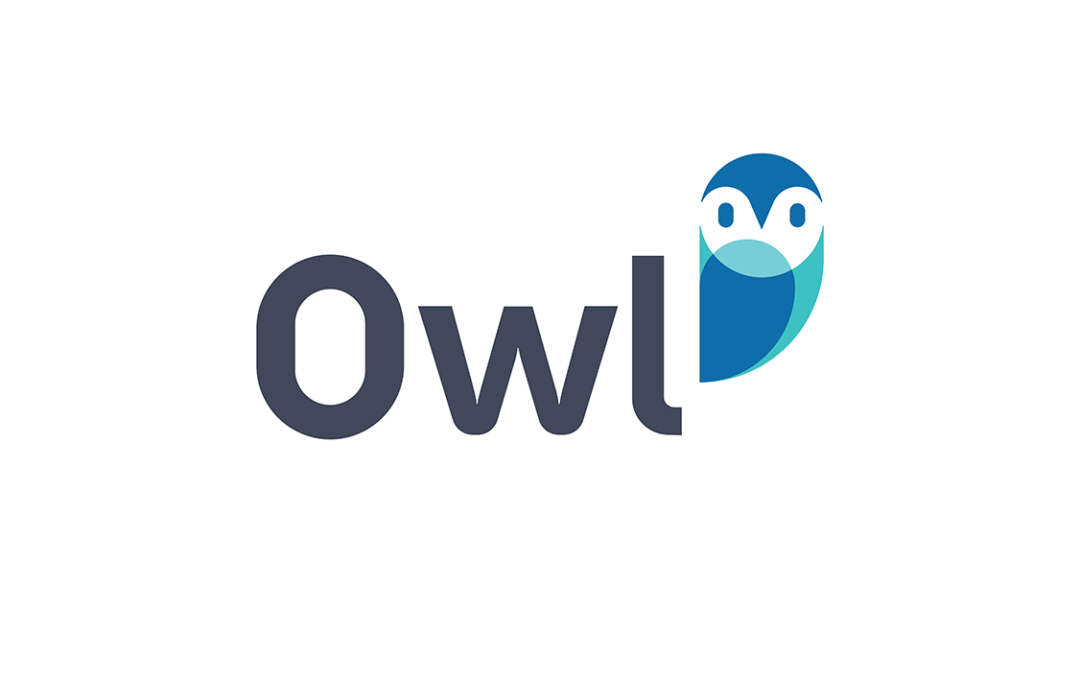



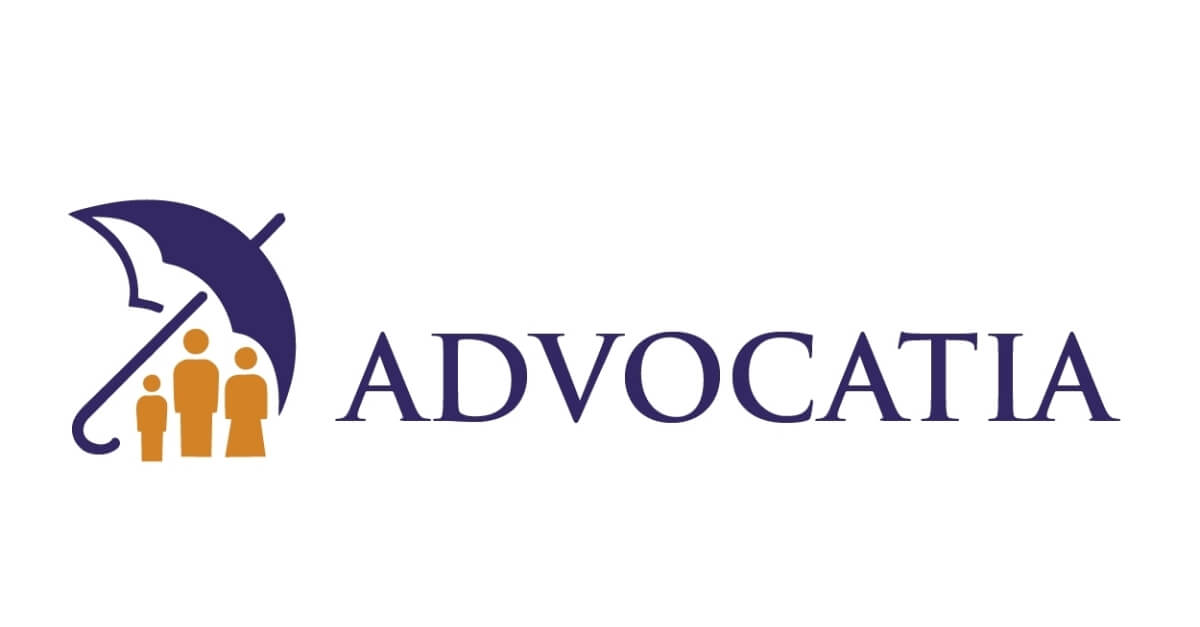
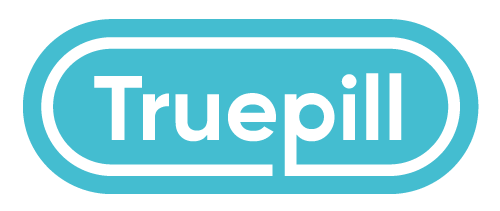

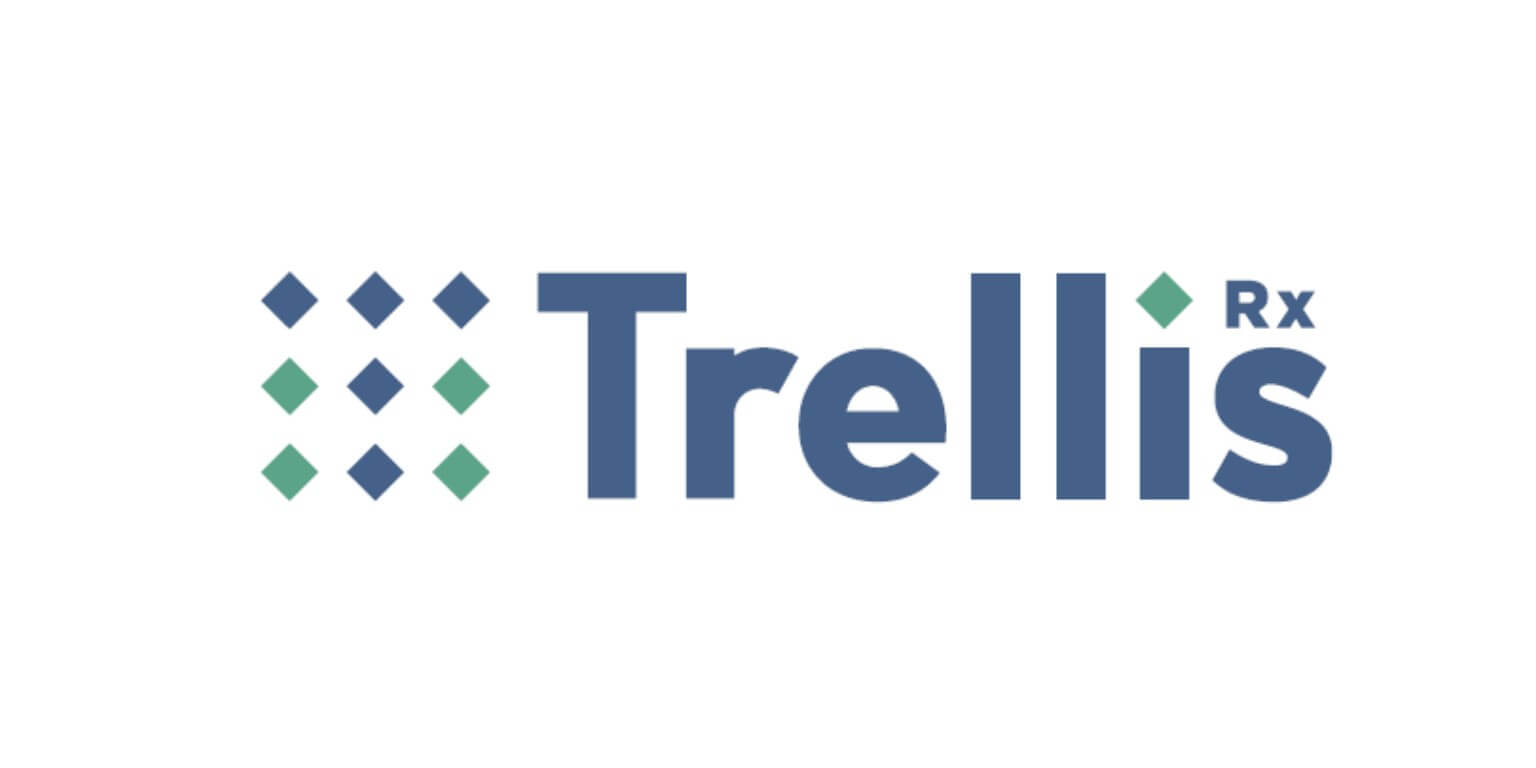

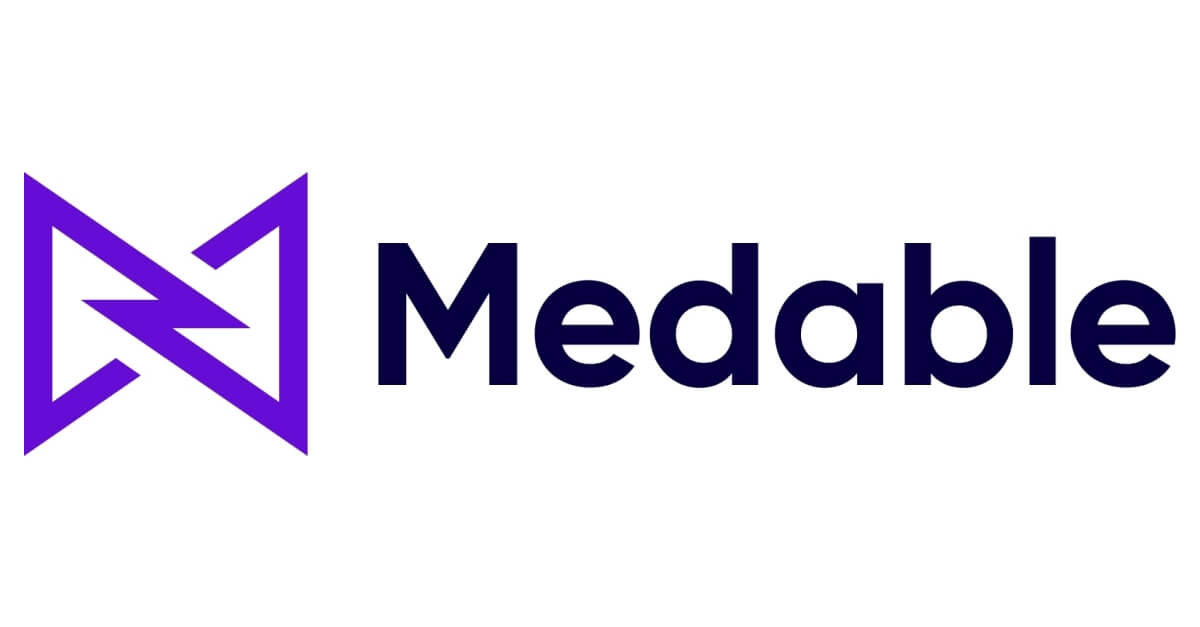




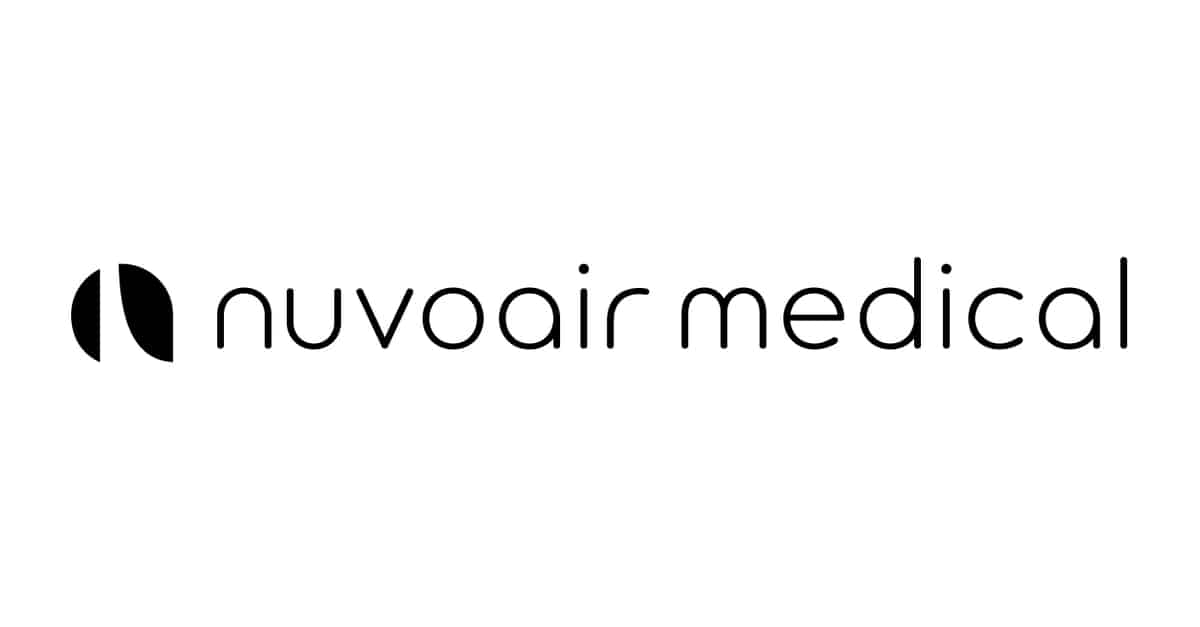


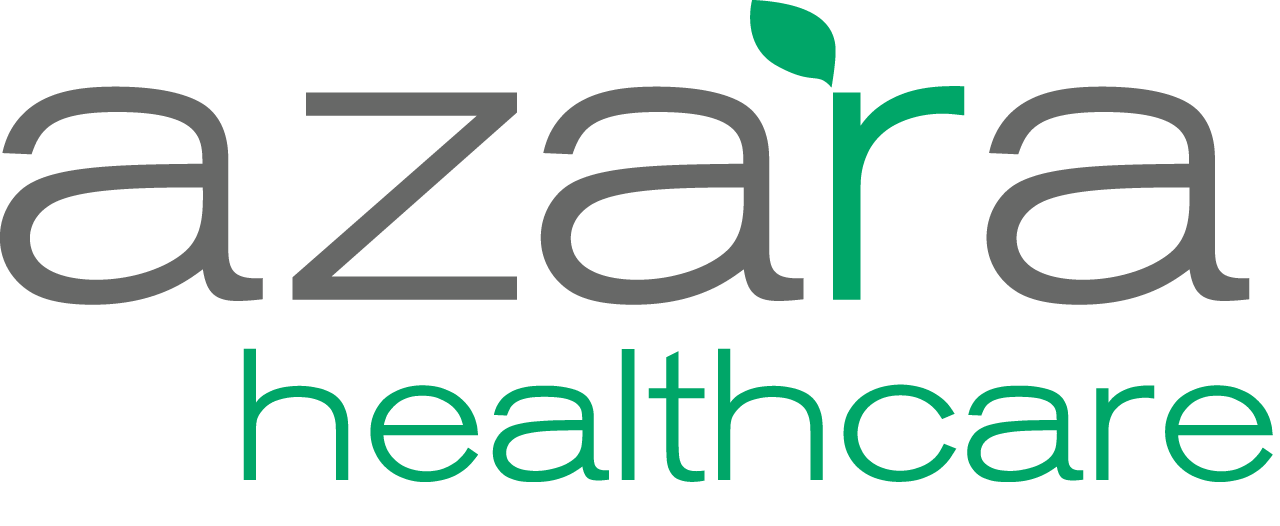


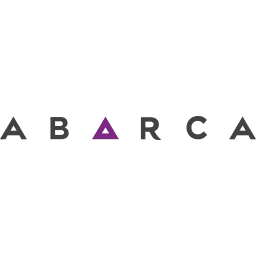




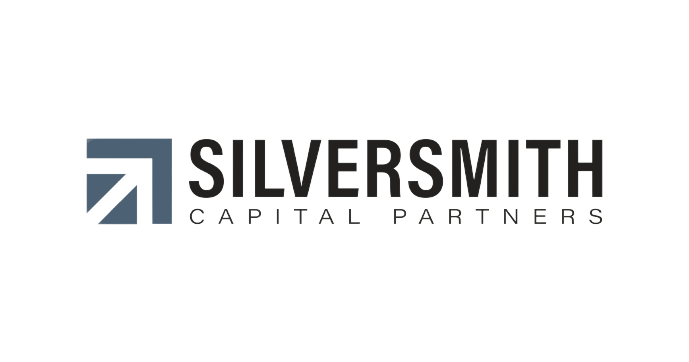
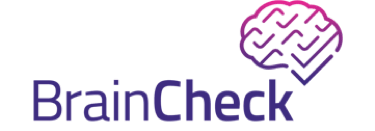

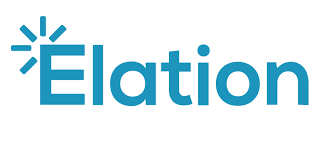

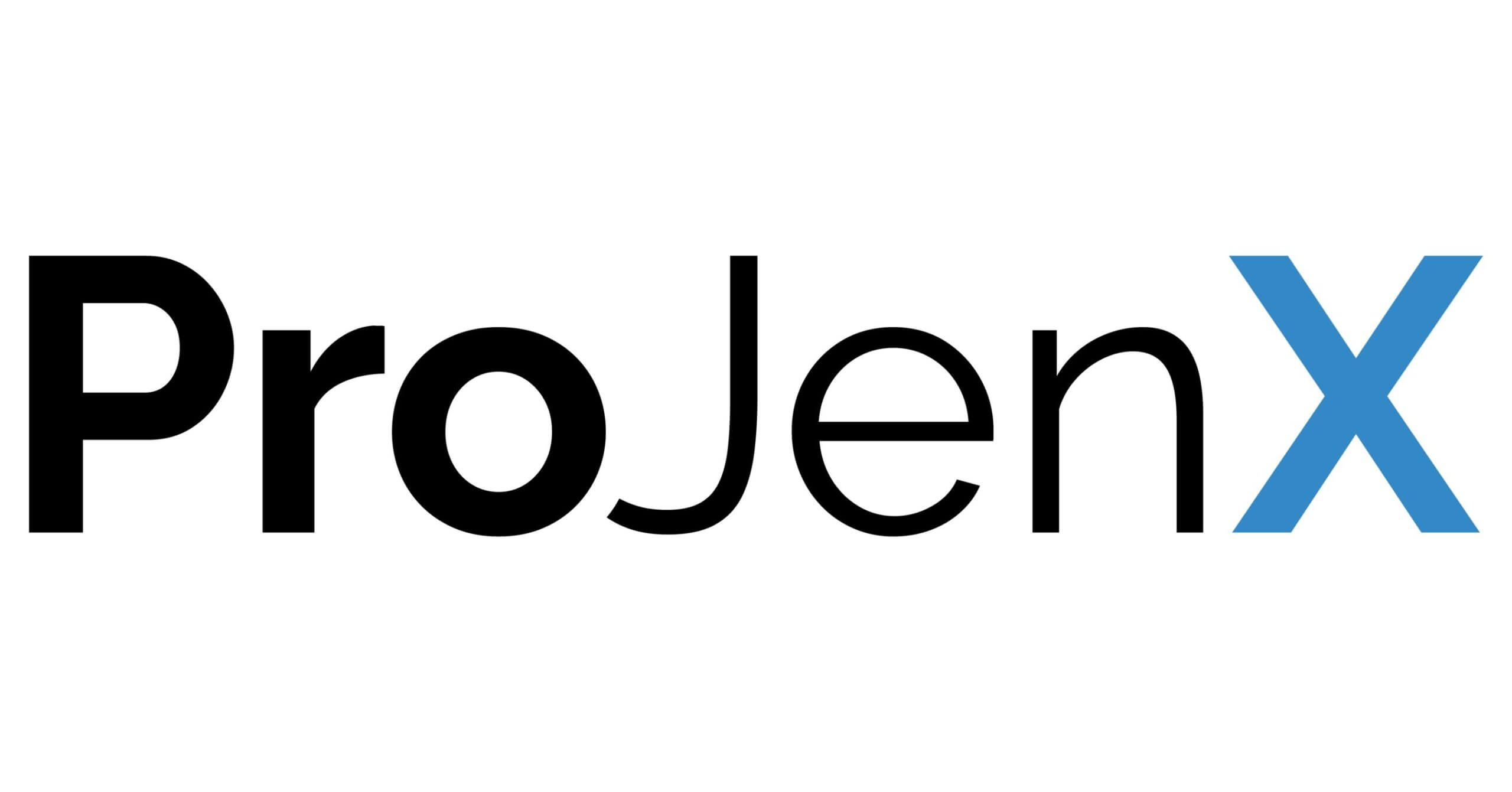

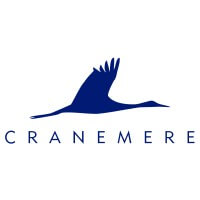




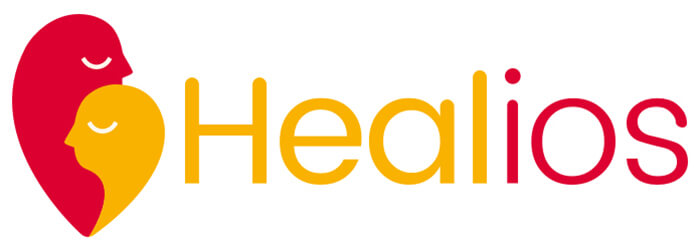



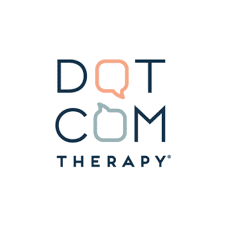


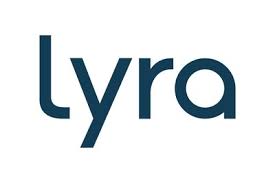


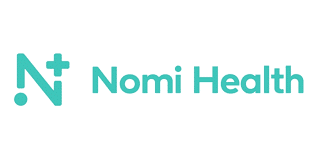



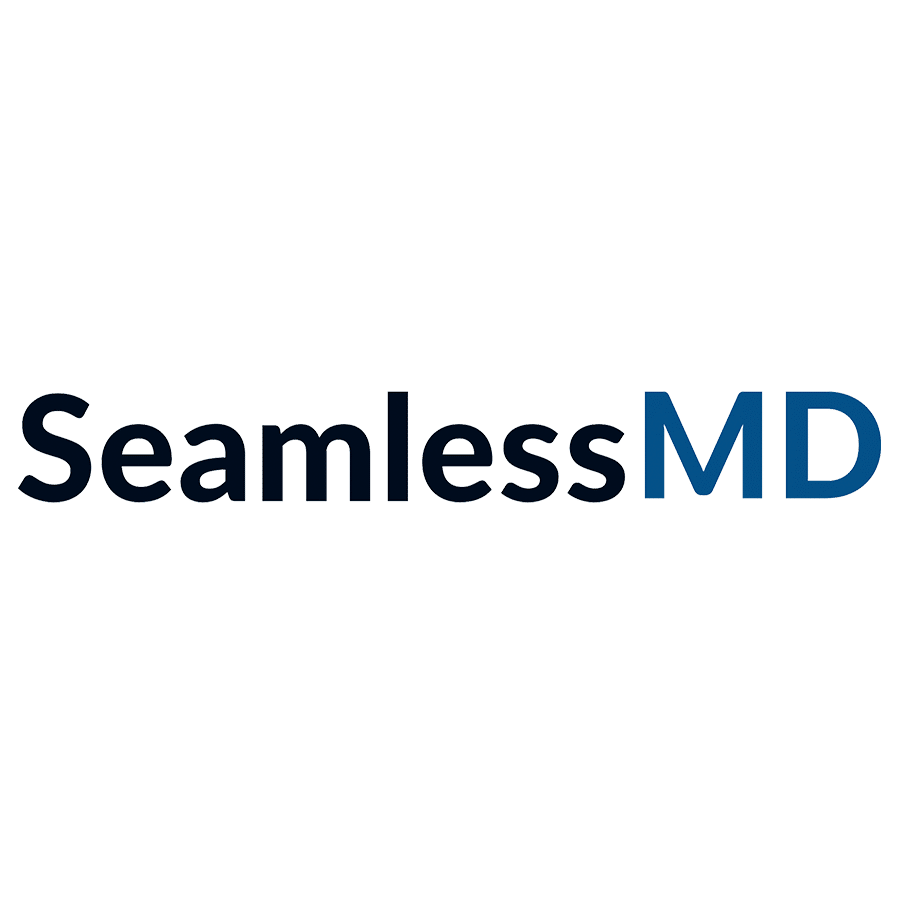
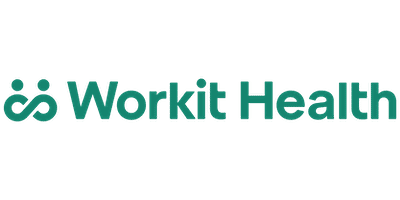







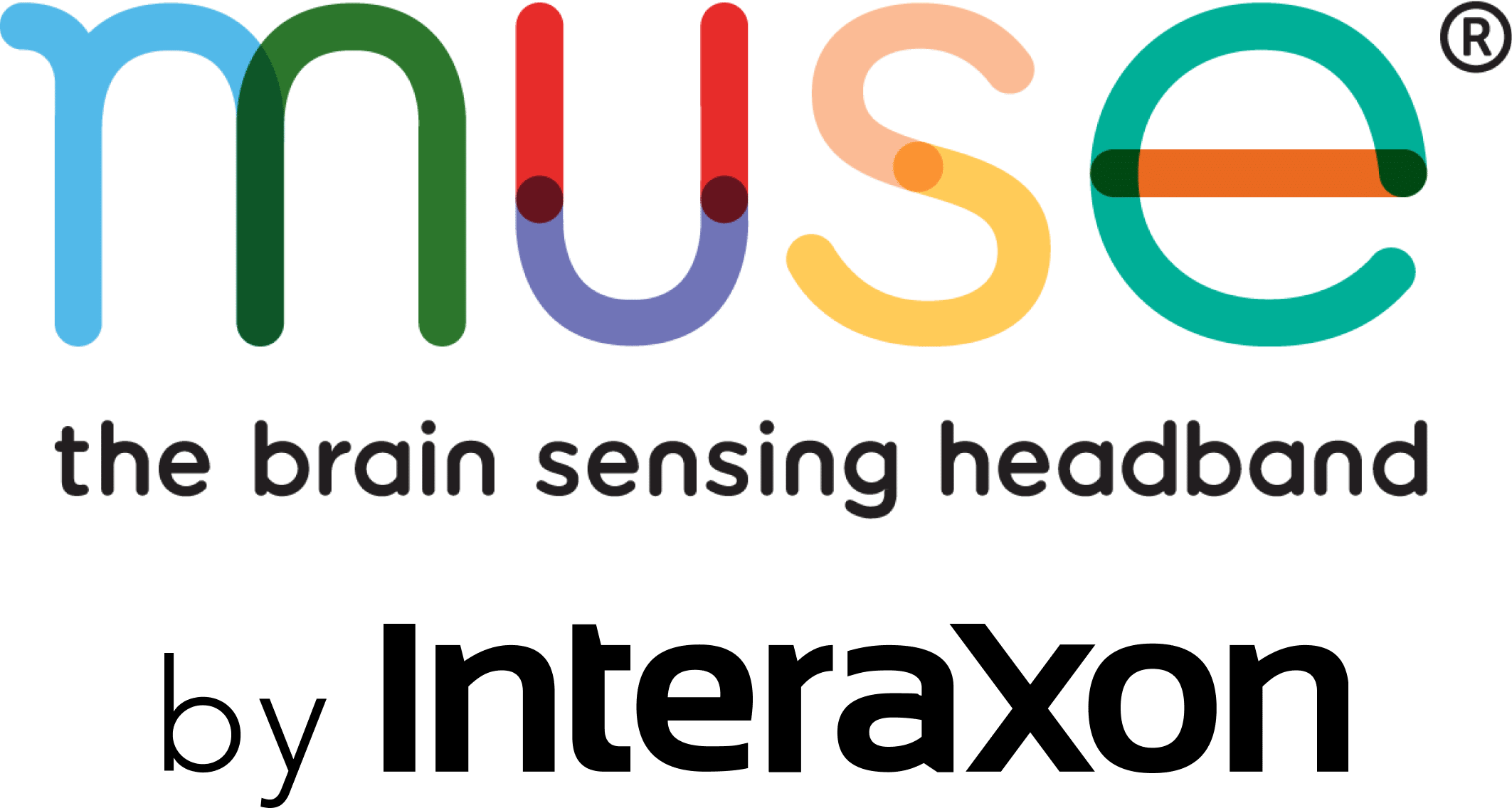

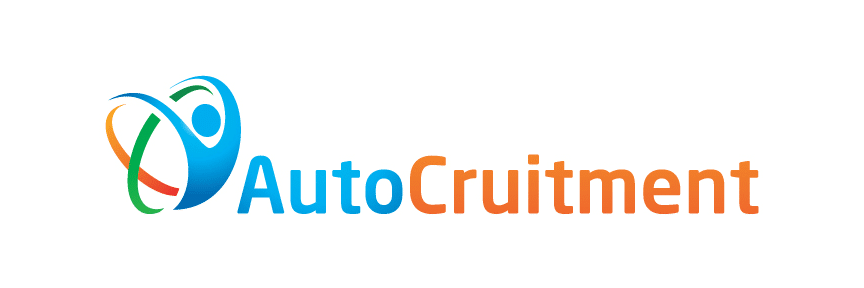
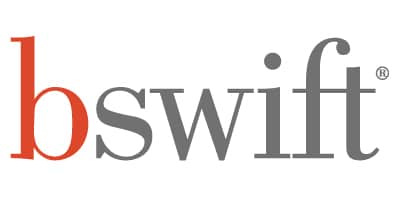
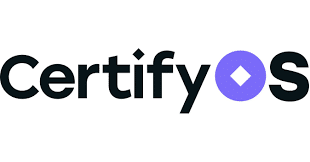
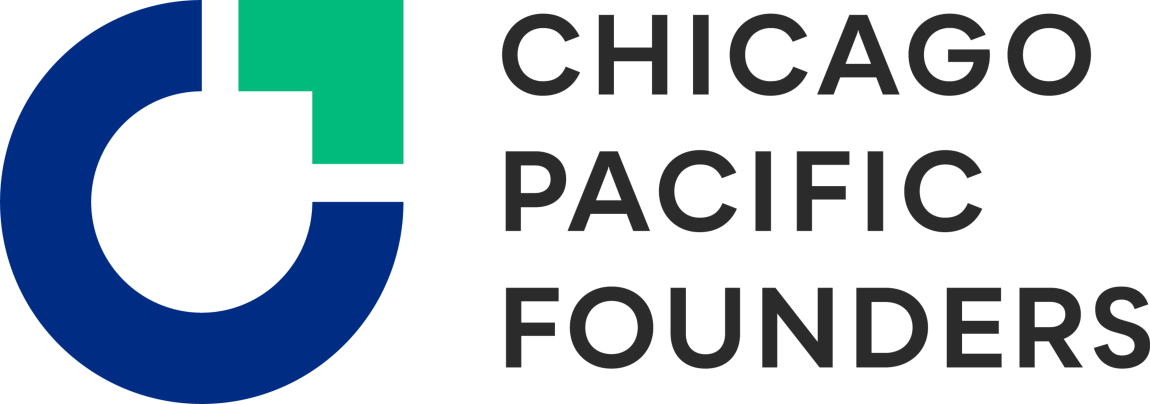

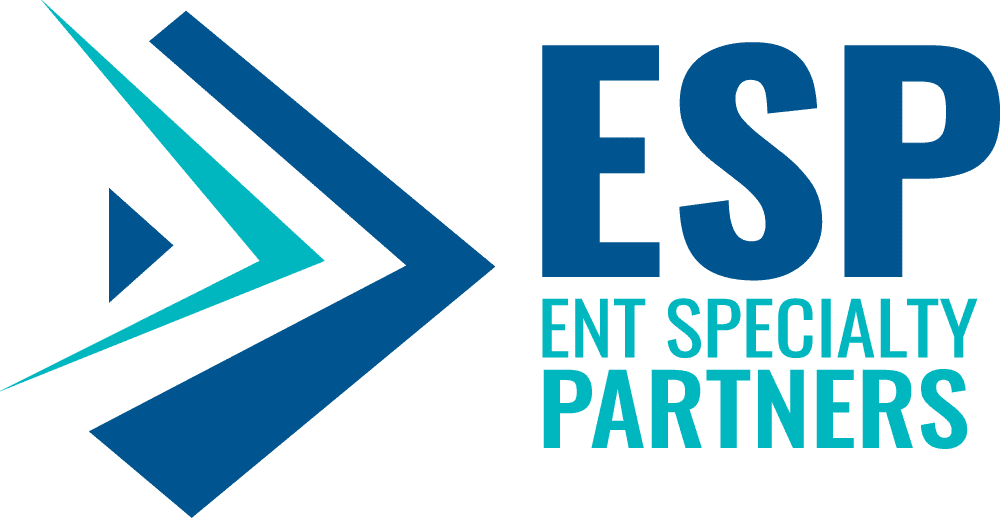
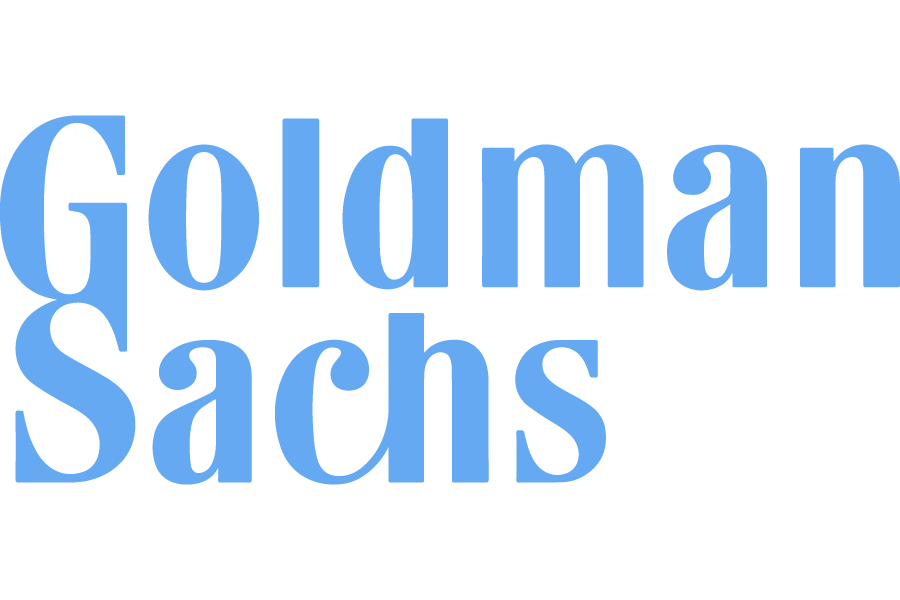
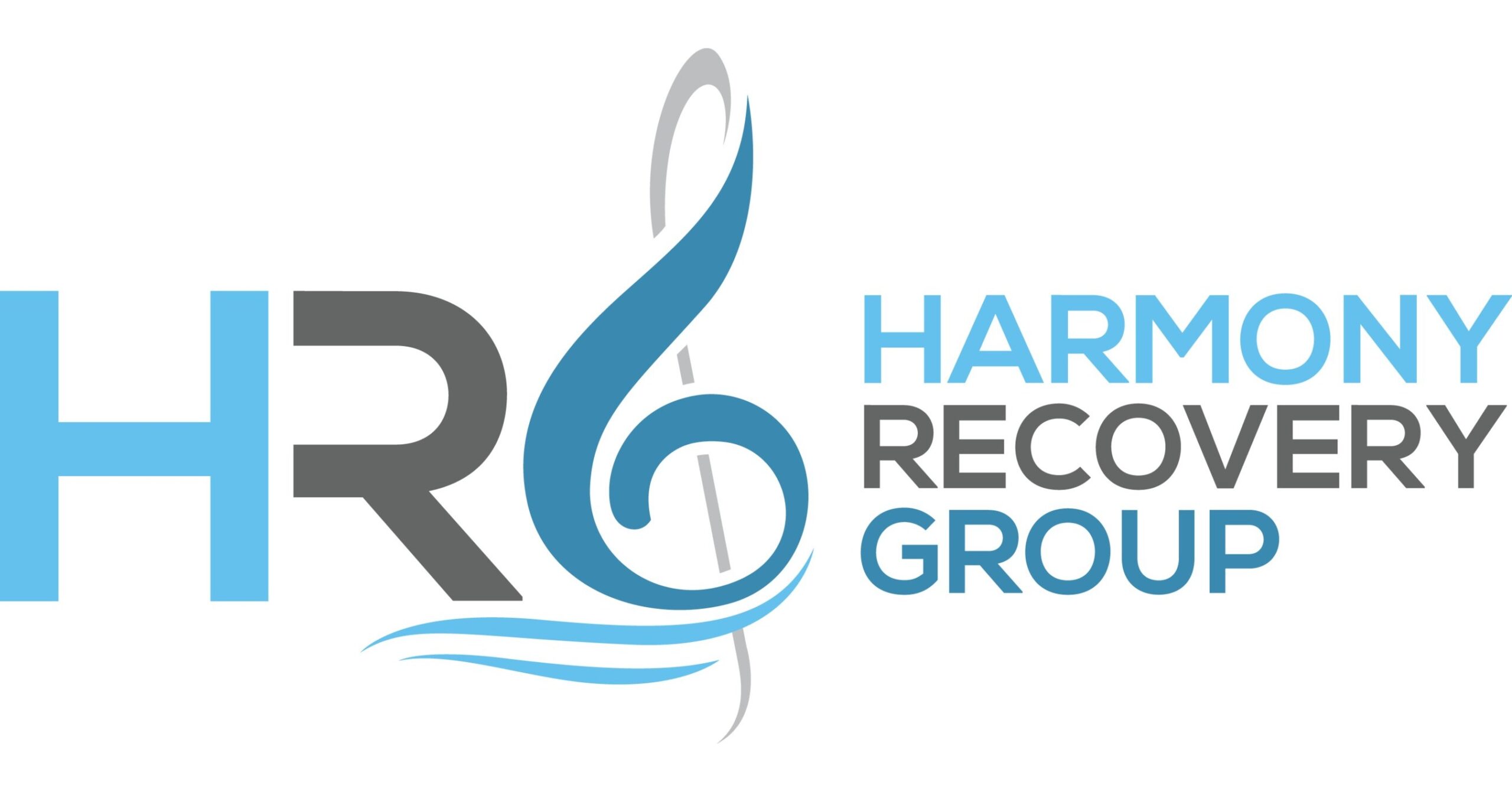

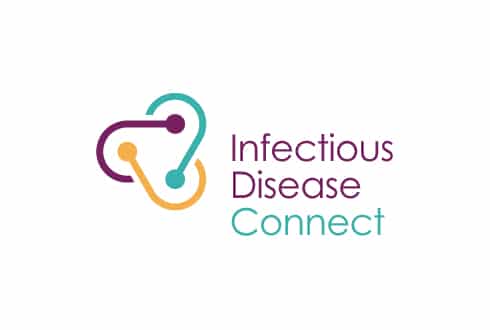
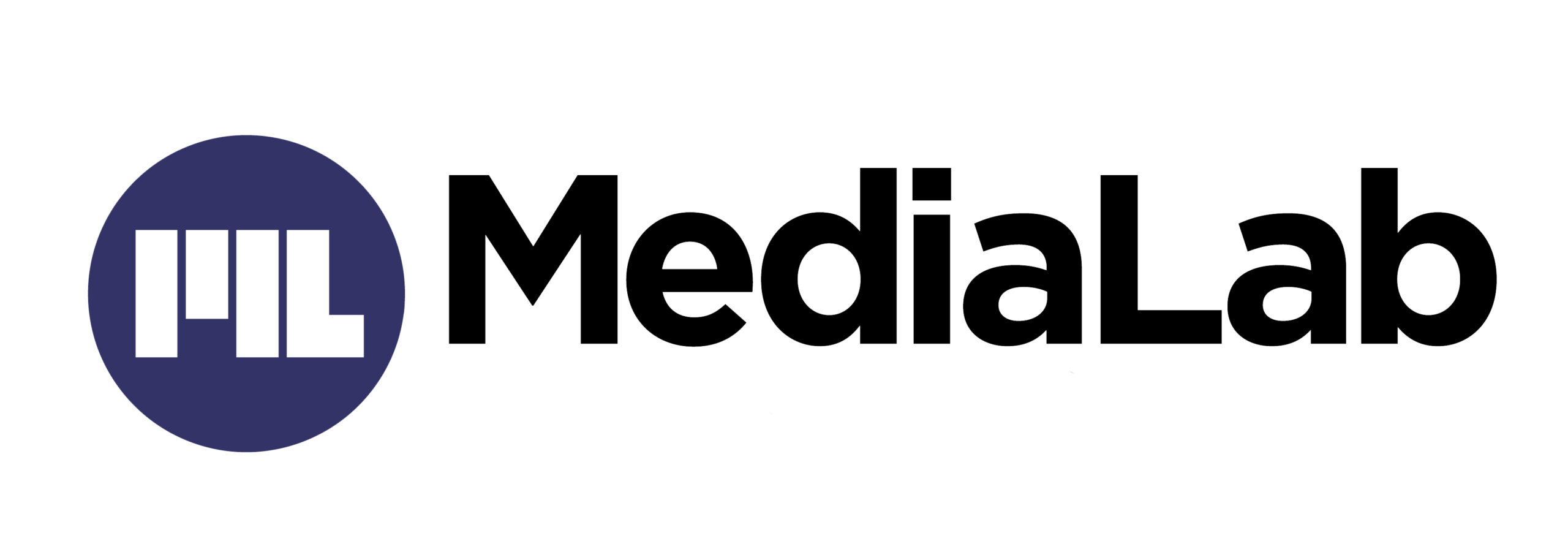

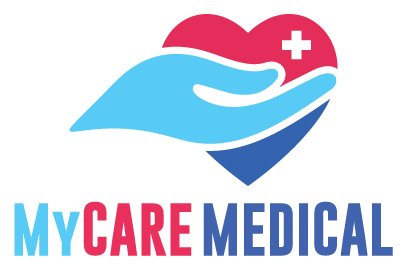





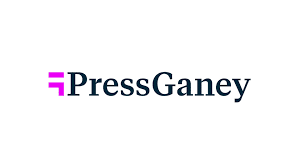
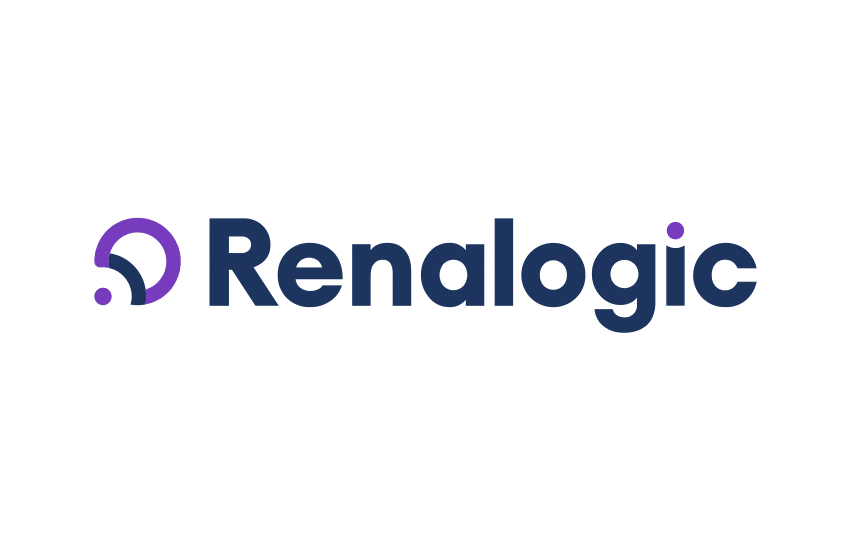

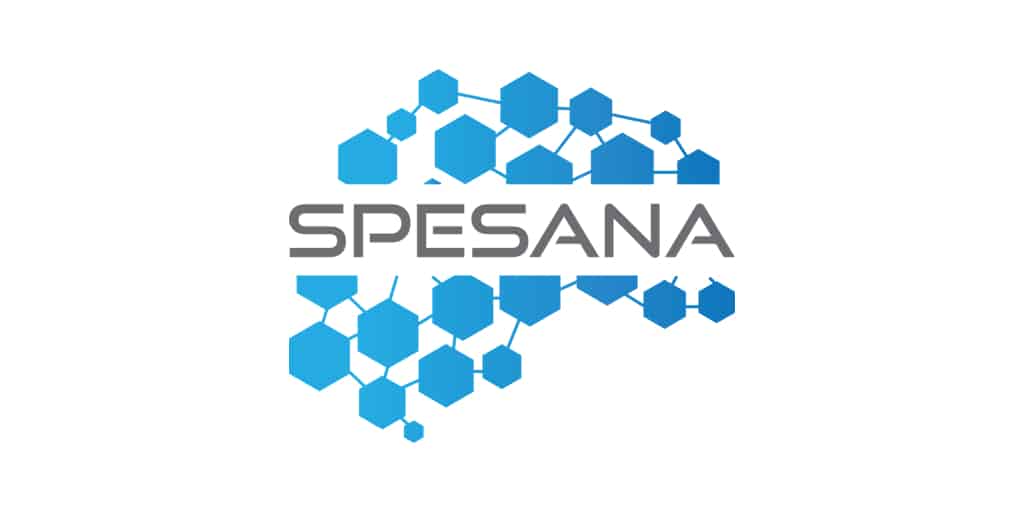




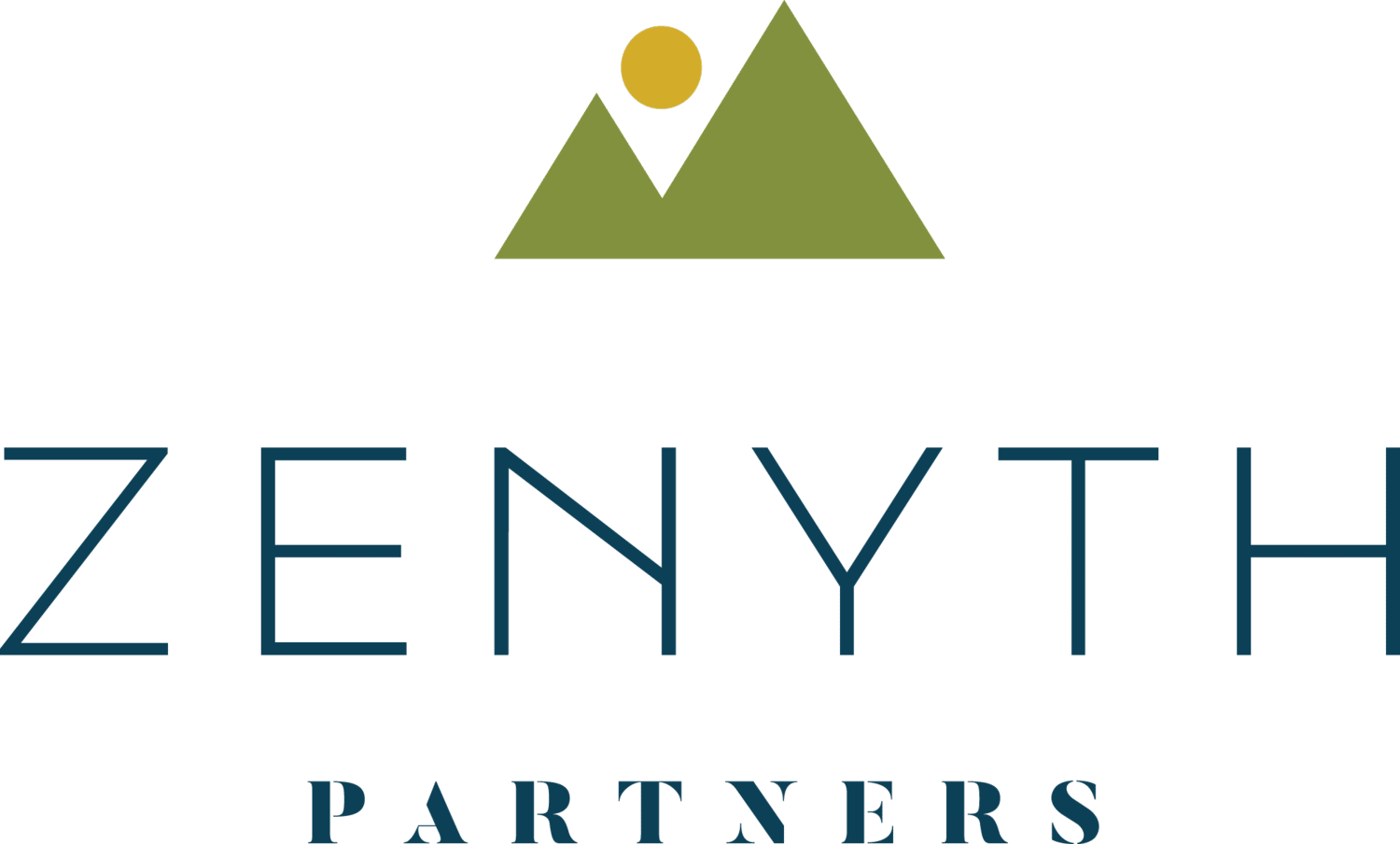



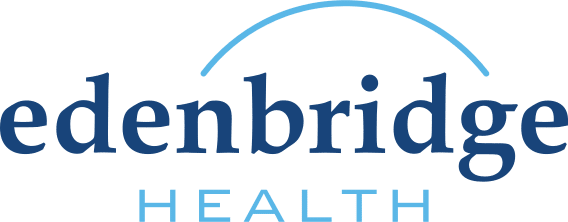












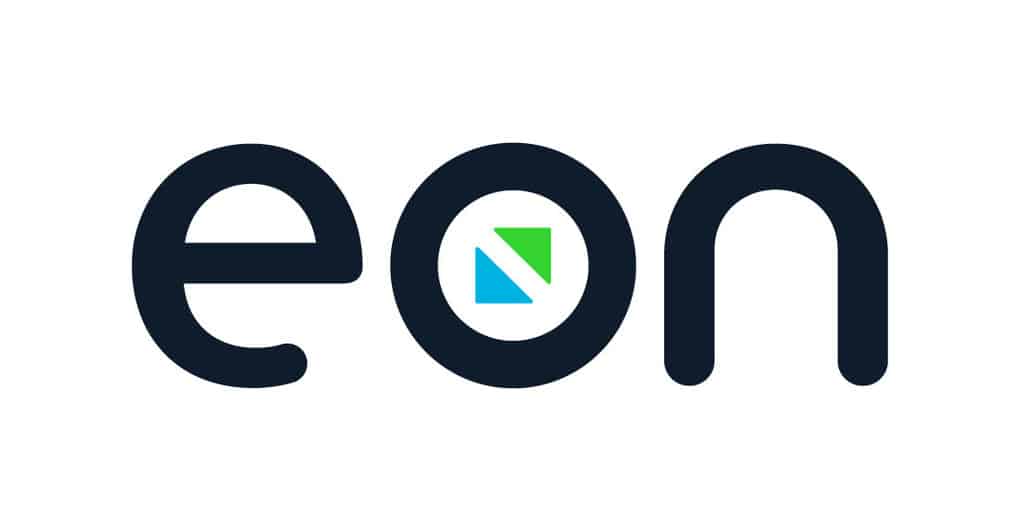
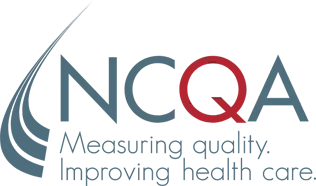
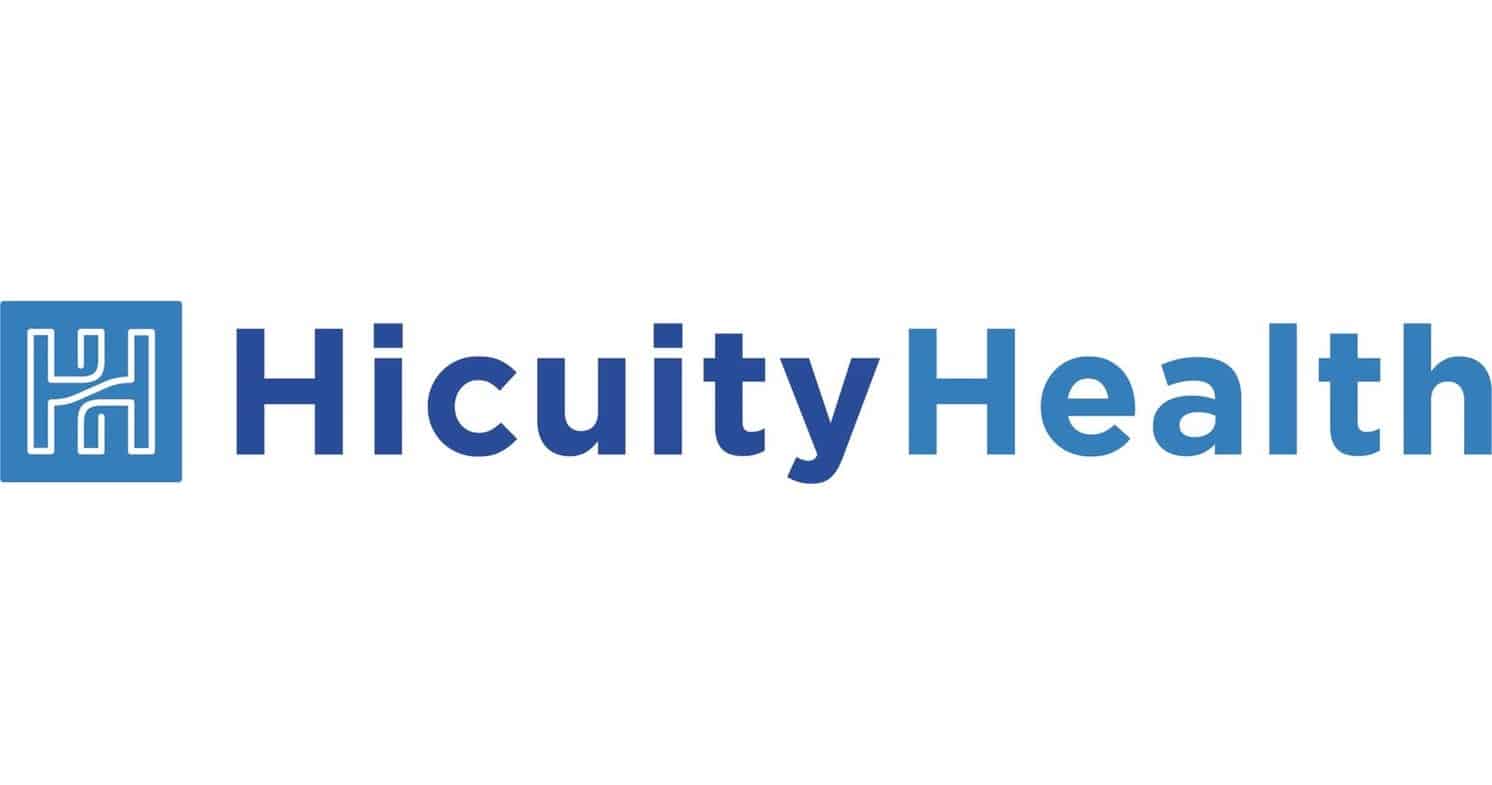



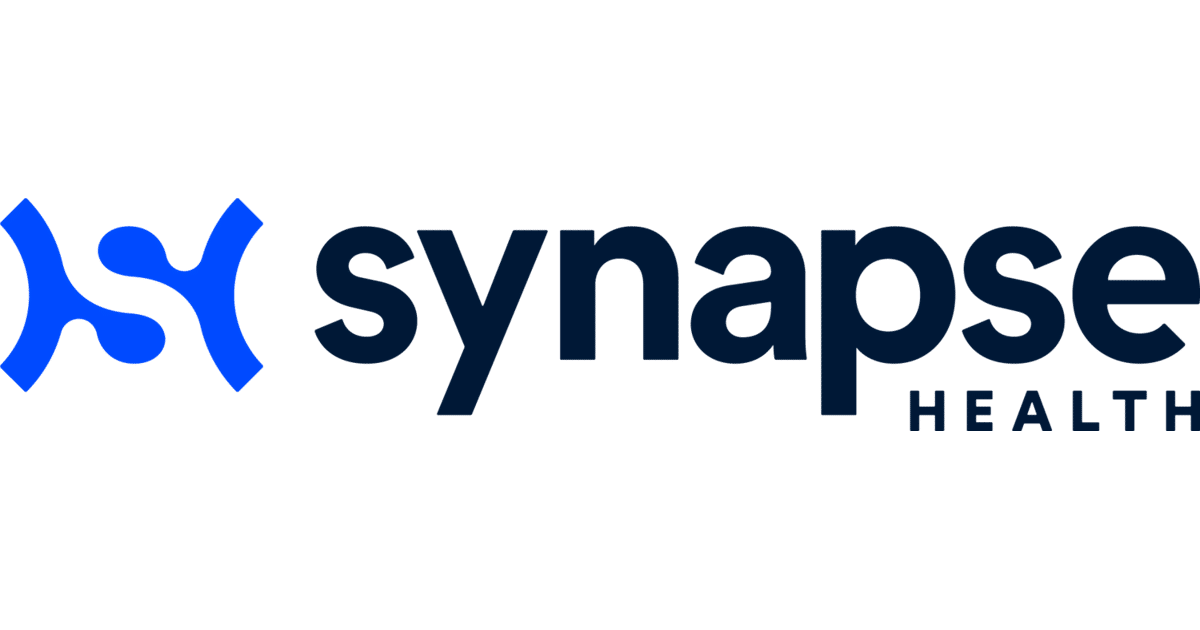
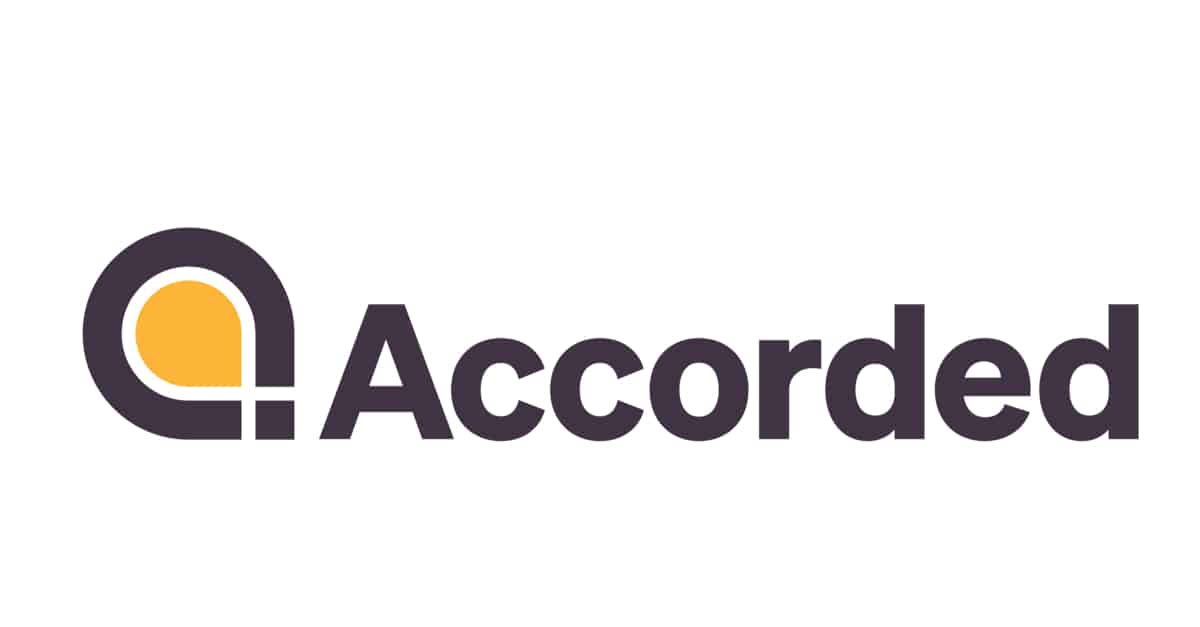


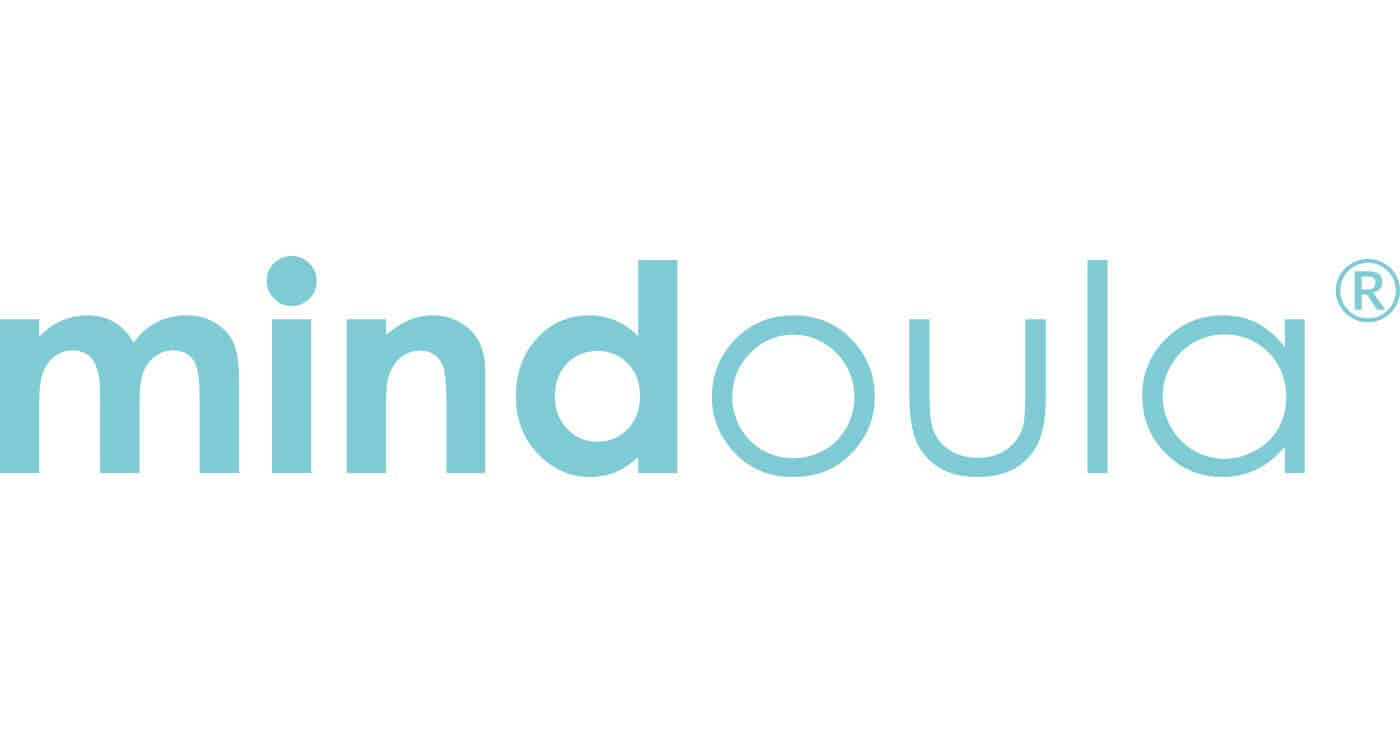

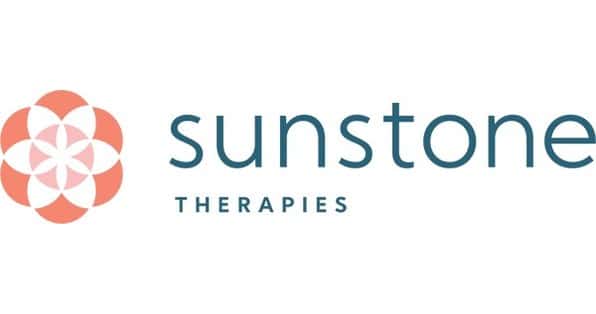
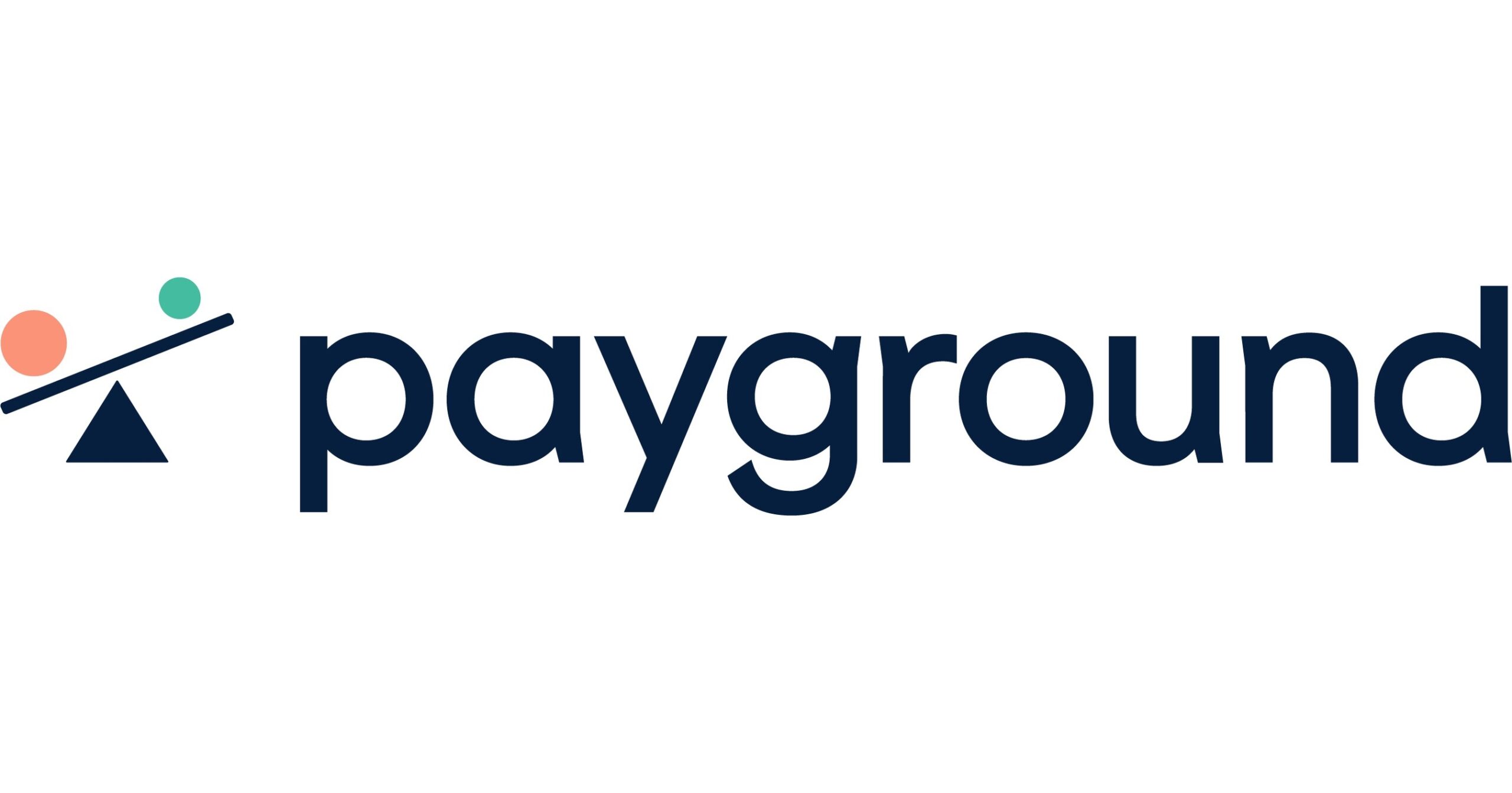



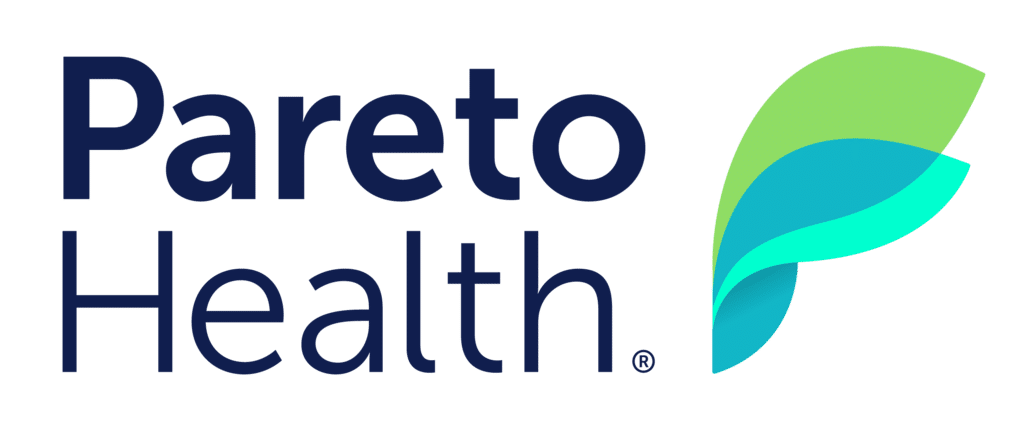
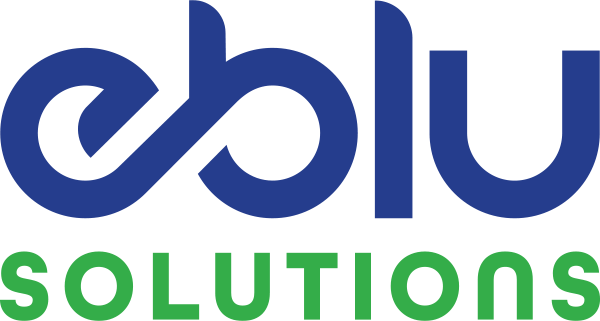

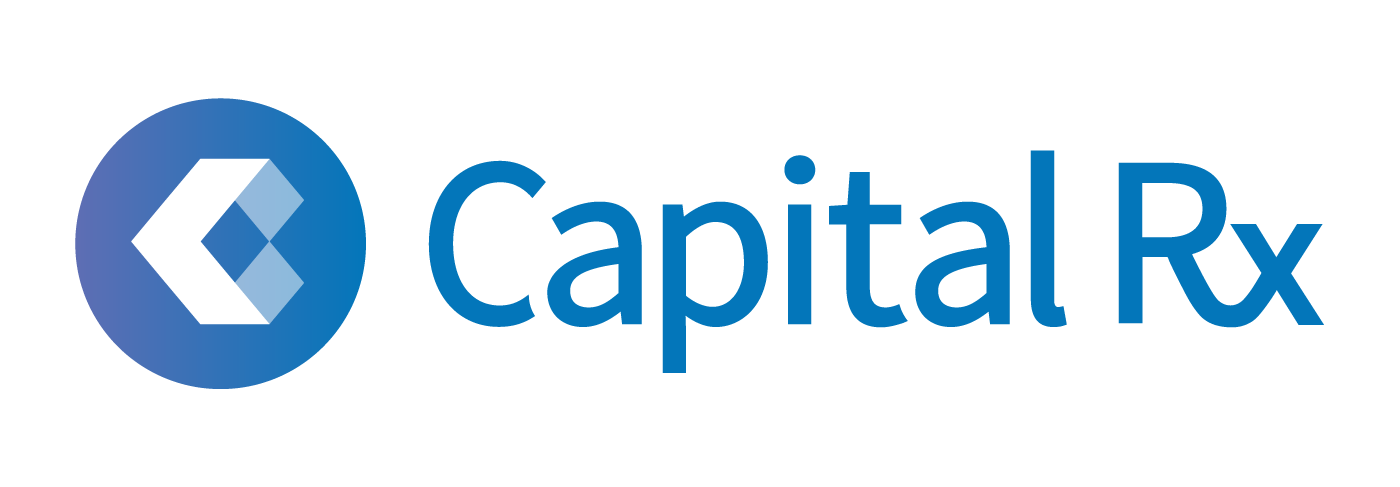



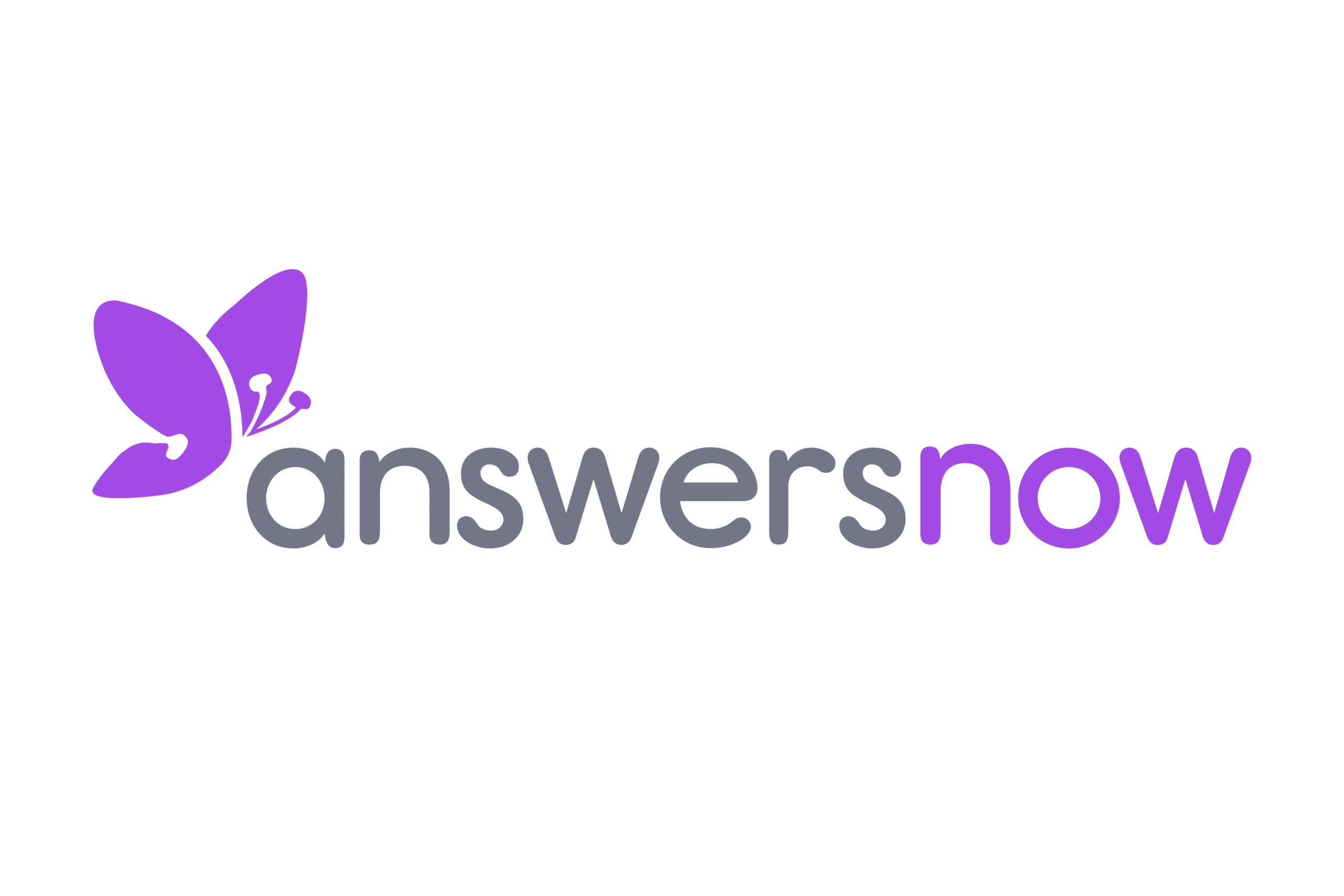
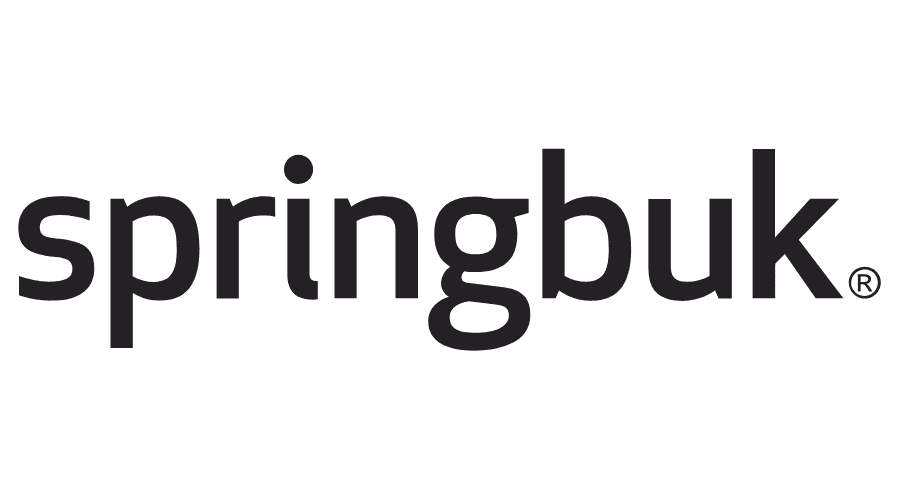



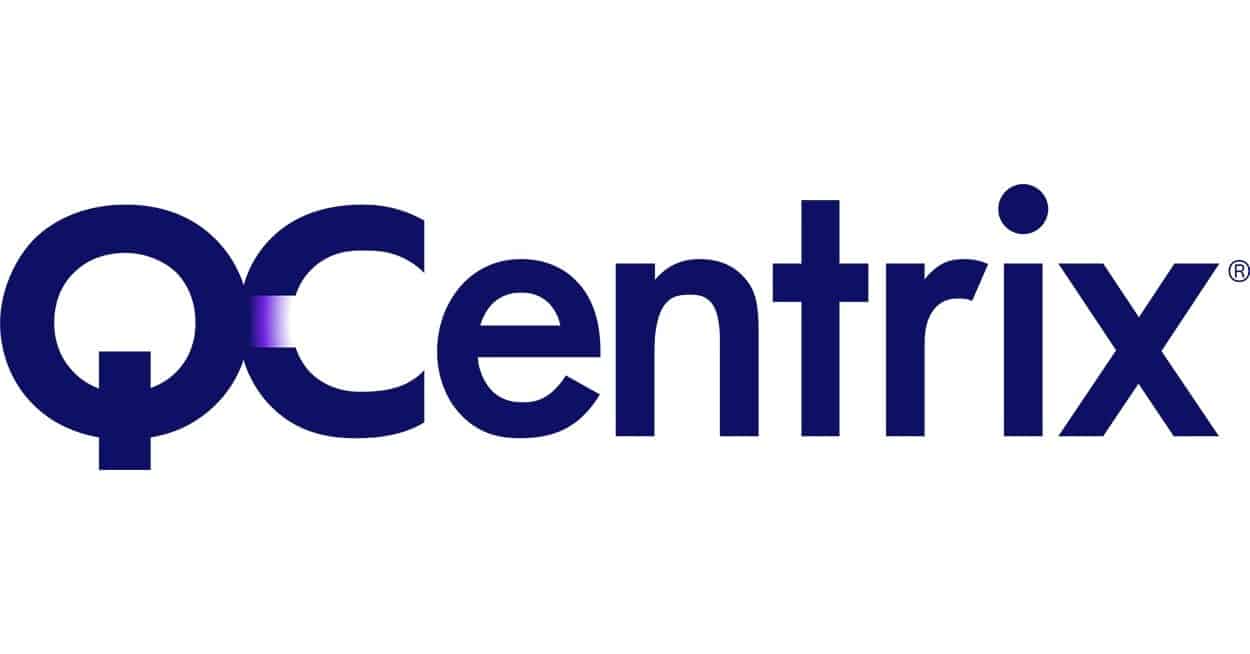









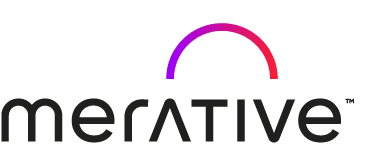

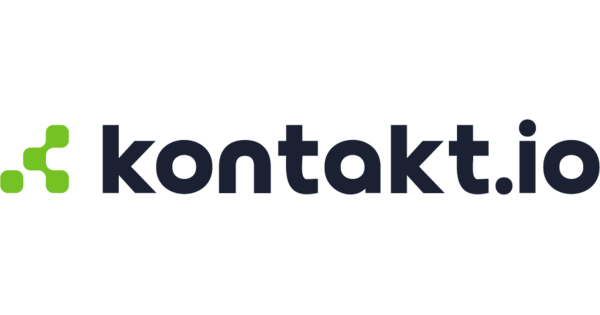

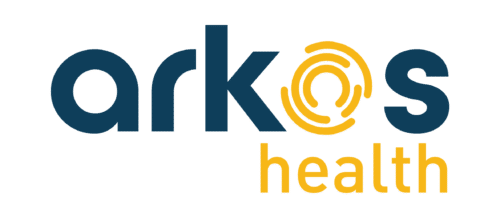















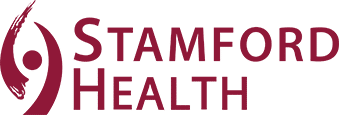






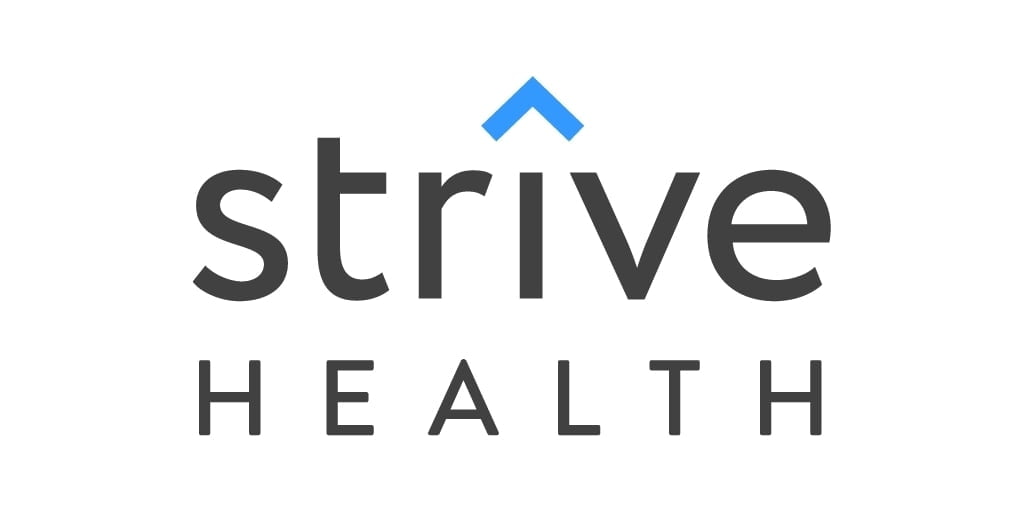

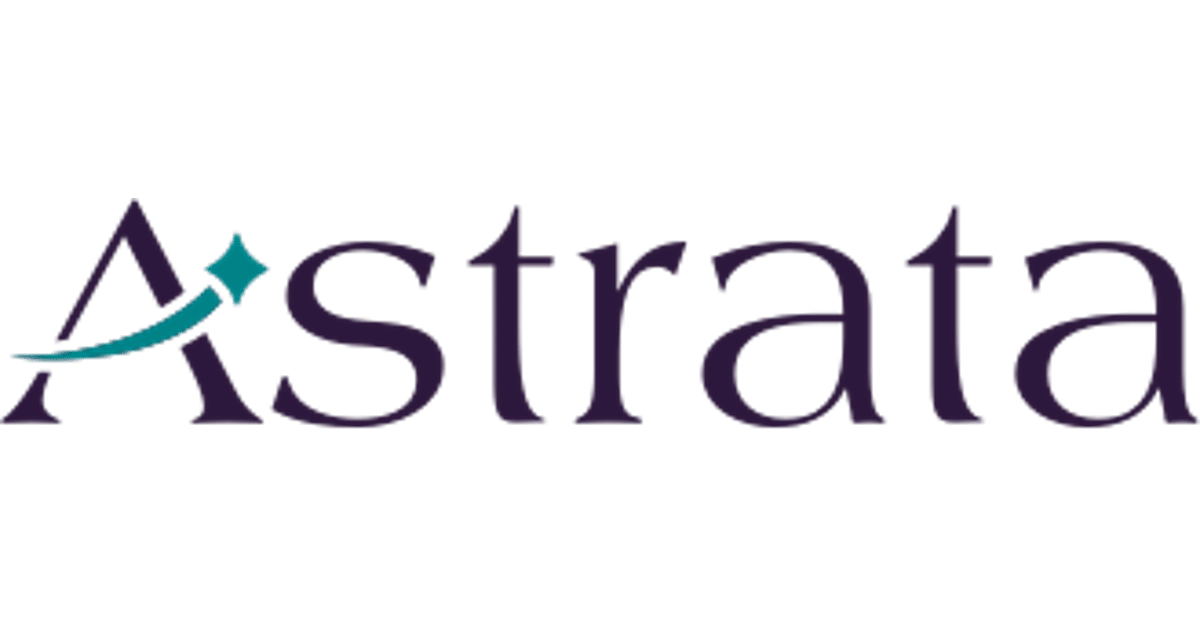


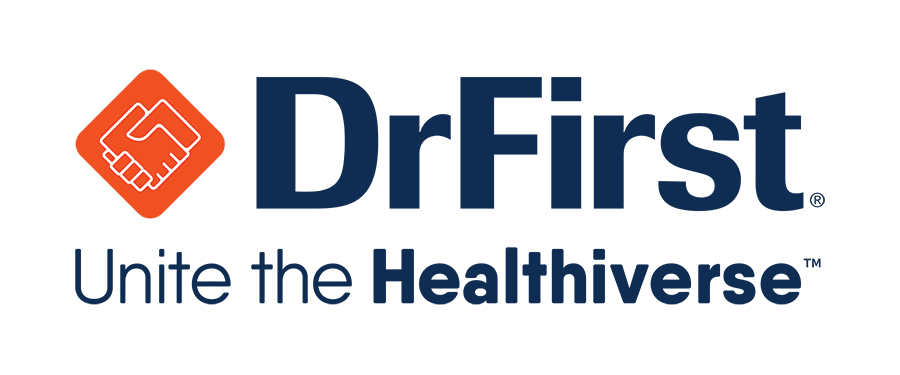


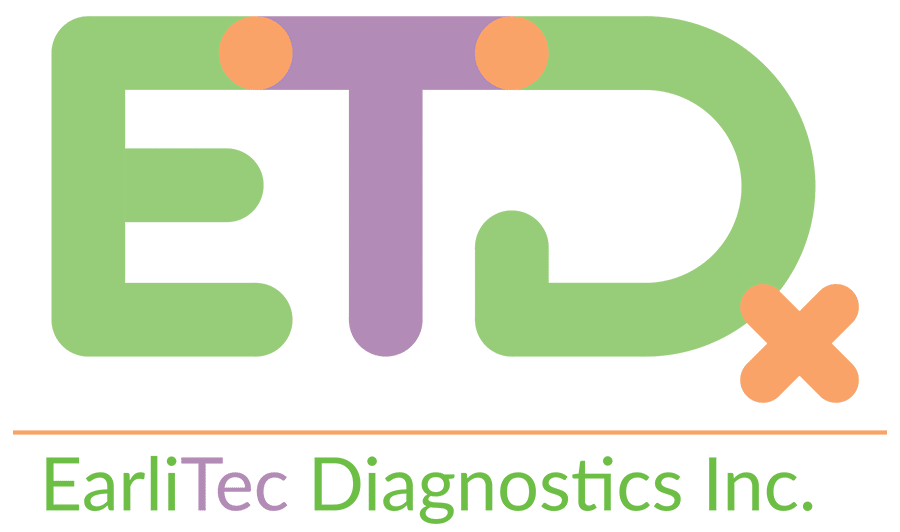




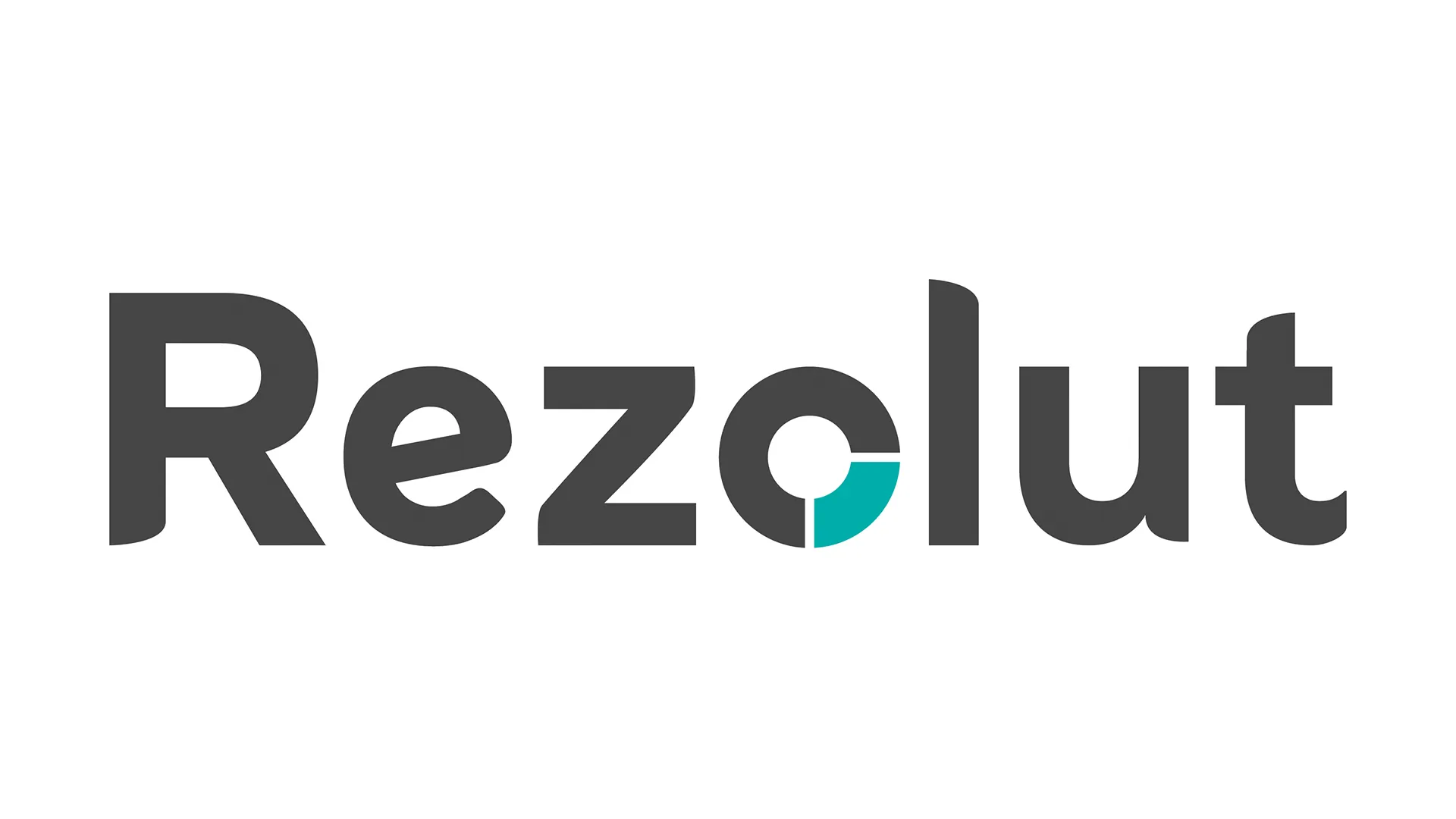


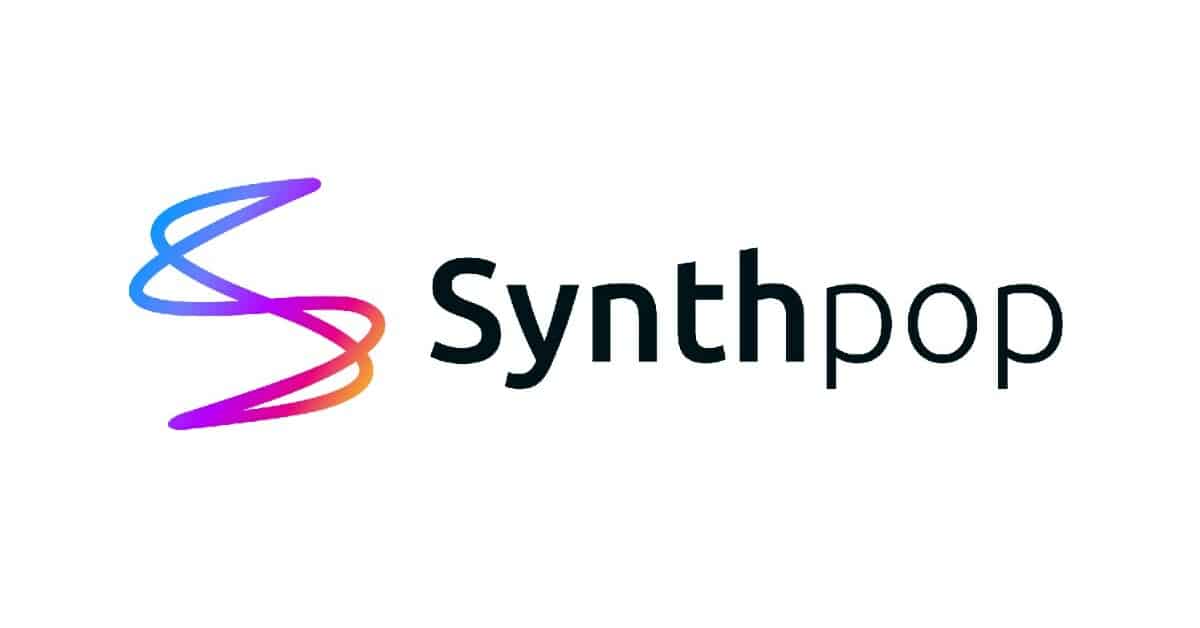






By Kristy Lindquist and Meredith Damore
Kristy Lindquist is a Chasm Co-Founder and Partner, and Meredith Damore is the Executive Director of ChasmLead. In the second half of this Chasm Conversation (see Part 1 here), they discuss the difference between the roles of coaches, bosses, mentors, and therapists in the fulfillment of our most ambitious goals.
Kristy:
In our last chat, we got onto the topic of how a coach helps you to be the best version of you, whether that’s a mentor, a manager, a parent, an athlete, or whatever role you’re playing in work and life. What I think is interesting is that coaches are playing a role, too. But is it the same role as, say, a mentor?
Meredith:
One of the things we learned in coaching certification is that as a coach, you're there to listen and ask great questions, and help someone come to a solution on their own — versus playing more of an advisor or consultant and giving solutions and suggestions directly. When I think about the best bosses I've had, I think they've really been the former. They've been great coaches.
Kristy:
I love that point. The best bosses I've had, number one, have been great listeners. The second thing is creating trust — having that safe place to ask questions and ask for guidance. But again, they didn't tell me what to do. They let me come to that conclusion through a series of questions on my own. I think that skill of listening and being able to guide people is also great leadership.
If you've never had a boss like that, it's hard to be a good boss. If you were lucky enough to have a great boss or mentor early in your career, you learn a lot from that experience. Not everyone gets the luxury or the luck to have that type of a leader guiding them early on in their career.
Meredith:
I do think there’s an interesting point for reflection here. Whenever you think about the characteristics of the best bosses you've had, those characteristics are often very similar to what you’d expect from an executive coach. It’s really a value point for the case of coaching. How do we pick some behaviors that may not be serving us and how do we genuinely change them? That's what it's all about.
Kristy:
It reminds me of another interesting conversation I was having earlier today: What's the difference between a coach and a mentor? In my opinion, a mentor is someone who is going to be able to talk to you about business strategy, how to work up and down with people in the organization, how to manage business issues and opportunities as well as pointing out blind spots. This person is your champion and helps you to realize your full potential.
A coach isn’t necessarily helping me with business strategy or making business decisions — it's much more about how I’m thinking about my behaviors, how I'm showing up in my role each day. A lot of the time, our actions feed off of someone else's actions, and vice versa. Coaching helps you to create a more positive and intentional way of interacting with people. Having that “check” in conversation is important. I’ve often thought that without it, I might have made different decisions and had different outcomes. Having said that, some excellent coaches can also be very helpful in business strategy.
Meredith:
One of the things I talk about whenever I introduce our Onboarding Coaching Program is that, when we start a new role, we're so focused on our To Do List that we often forget about our To Be List. How do we want to show up every day?
Kristy:
I think that's an excellent point.
Meredith:
Chasm's Coaching Program aims to help our successful candidates with that To Be List. Coaching is a data-driven approach to helping someone accomplish their To Be List. By comparison, a mentor isn't likely to facilitate a verbal 360 process. They're probably not going to have you take behavioral assessments or assess your goals and objectives. I think mentors are more focused on strategic advisory topics, and perhaps a little more ingrained in the day-to-day.
But how do you pull up to the big picture? Are you asking yourself how you show up as a leader every day? How am I communicating with people? Am I proud of the way I conduct myself in my role? A coach allows you to reflect upon those questions. It’s a little like watching a baseball game from the stands versus being on the playing field. I think it allows you to pull back and watch yourself from the stands a little bit.
Kristy:
I love the idea of "sitting in the stands" because a coach can help you reflect on your own behavior in ways you might not get from anyone else in the organization. As a leader, I don't always have people who are going to tell me the truth, or even offer their opinion.
Meredith:
That’s such a good insight. I believe the Achilles heel of any team, or organizational effectiveness in general, is this fear of radical candor. It’s not easy to have difficult conversations and give feedback. If you get down to the ultimate cause of the challenges facing your organization, it’s often rooted in the fear of having the conversations that need to happen.
That can paralyze an organization — and a coach is often the only person who is able to initiate that feedback process and facilitate those conversations. Who else is going to work with you on that? Executives at a startup are not typically going through a year-long leadership development training to help develop those skills.
Kristy:
It speaks to the beauty of coaching. While you could do something like a leadership course, that's not you in practice. You're learning theory and interacting with classmates. The benefit of an executive coach is they're with you in practice, seeing how you actually work and what the challenges are.
Kristy:
What do you see as the differences between coaching and therapy?
Meredith:
Well, it goes back to the comparison of coaching vs. mentorship. In my view, one-on-one individual clinical therapy is about implementing interventions to give you tools to manage certain things — cognitive behavioral therapy, frameworks, or other things like that. Whereas to me, coaching is listening and asking questions.
Your coach is there to help you come up with the tools and the solutions on your own. It’s about finding the things that are going to work for you, based on your thinking style, behavioral traits, times you've been successful in the past, and understanding yourself better so you can be accountable. To me, I would say that therapists are a little bit more in the mentor/advisor bucket, where they're working to apply solutions and interventions. What are your thoughts on that?
Kristy:
I agree. In therapy, you focus on past events and why things are the way they are. Coaching is very much about the present and the future, asking how are you showing up today? What is the impact on your ability to be effective as a leader or as an employee? How can we think differently about a behavior to help you be your best? It’s forward thinking.
Meredith:
I learned a little bit in the certification process about two types of coaching. There's behavioral coaching, which is a lot of what we've talked about. And then there's also perceptual coaching, which is a bit more reflective of the past. So there are styles of coaching that bleed into some of that, too.
One of the tools or tactics that we use often in executive coaching is role playing. If you want to practice a conversation for a meeting you have coming up, we might do it three to five times. And then, as the coach, you're a little bit like the movie director. What do you think went well there? What do you think didn't go well? Try again.
Your executive coach could even join one of those leadership meetings, observe, and help you understand your performance versus your goals. Am I achieving them in real-time? A therapist or a mentor probably isn't going to join one of those, but it's the perfect thing that a coach would do just to observe and give you feedback.
Kristy:
So interesting…I hadn't thought about that. And it's not only about you and the way you behave, but the impact you have on others and even the dynamics of an organization. There are a lot of coaches who are looking at how teams work together, because that's a key element of how you're going to be successful as well. You can do all the coaching you want, but if the team dynamics have things that need to be dealt with, focusing on your own behavior won’t get the organization where it needs to be.
Meredith:
Exactly. As you know, behavior is a function of personality and environment. The team element and observing in group settings can be interesting.
Kristy:
These are all great insights. I hope these considerations can be useful to our readers, too, who may be on the hunt for their own executive coach. And with that, I think we’ll wrap up our conversation. Thanks again for coming to chat, Meredith.
Meredith:
Of course! Thank you for having me, Kristy.
In a recent podcast conversation with Adam Grant, Organizational Psychologist at Wharton, Atul Gawande, a renowned surgeon, writer, and public health leader, said, "The culture of an organization is the worst behavior you tolerate." It is the responsibility of both leaders and teams to recognize the role their behavior plays in creating a culture that not only attracts talent, but retains it. Executive coaching, when utilized at both the team and individual level, can help companies and their investors up-level performance, improve culture and achieve organizational goals.
If you're interested in learning more about ChasmLead, Chasm Partners' proprietary approach to leadership effectiveness, assessment and development, we encourage you to contact Meredith Damore, Executive Director of ChasmLead.








































































































































































































































































